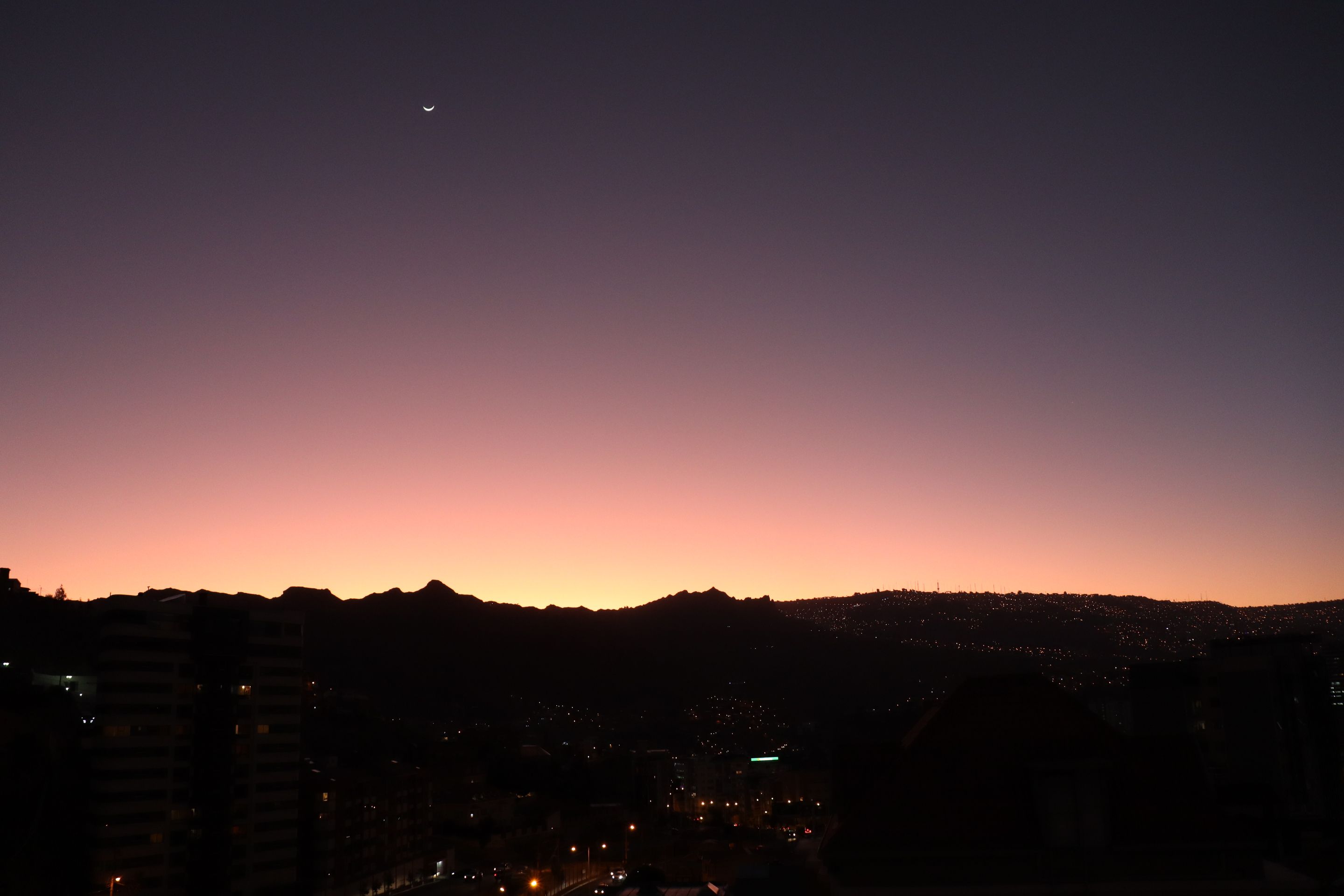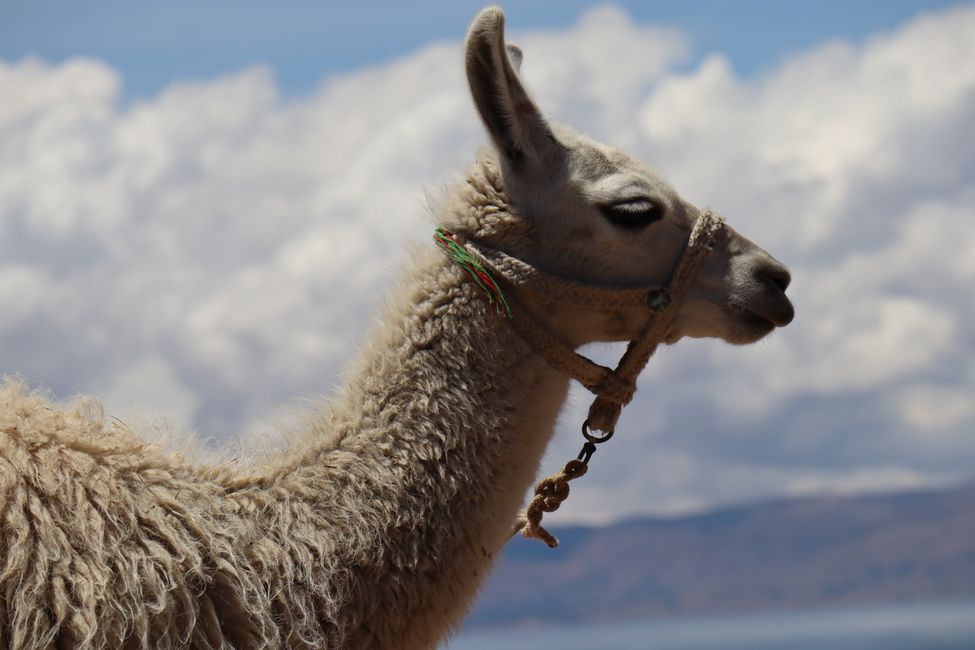
fear-and-loathing-in-southamerica
vakantio.de/fear-and-loathing-in-southamerica
The journey to Antarctica or an attempt to make amends... and a little more to the end of the world Ushuaia-Antarctica-Ushuaia
ที่ตีพิมพ์: 22.02.2023
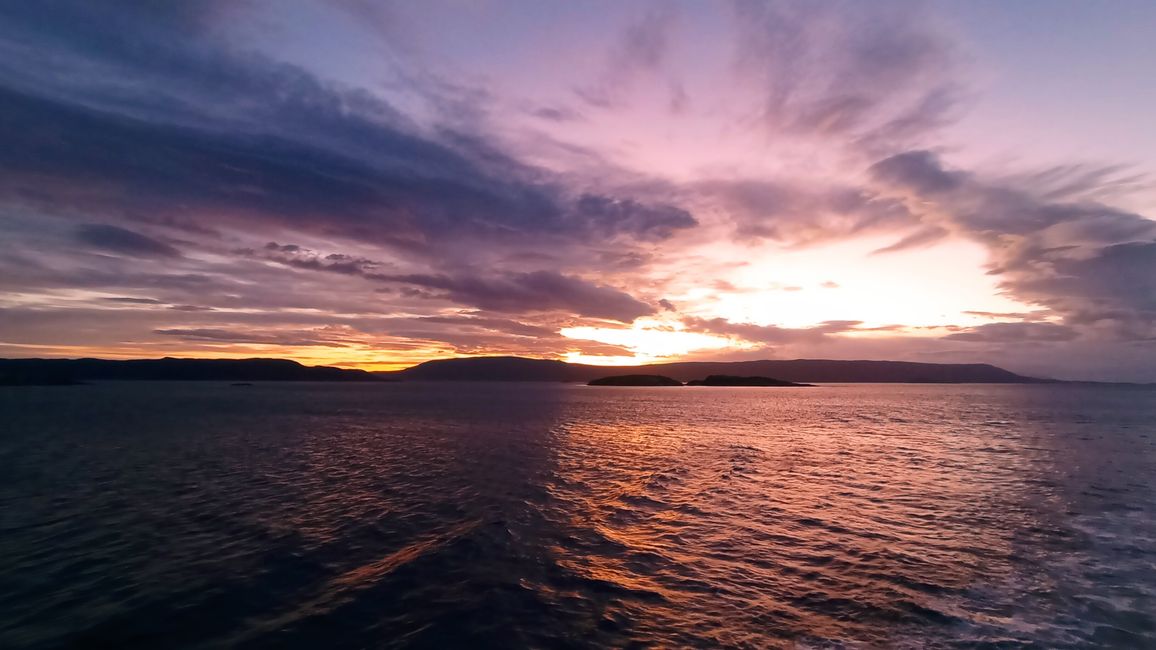
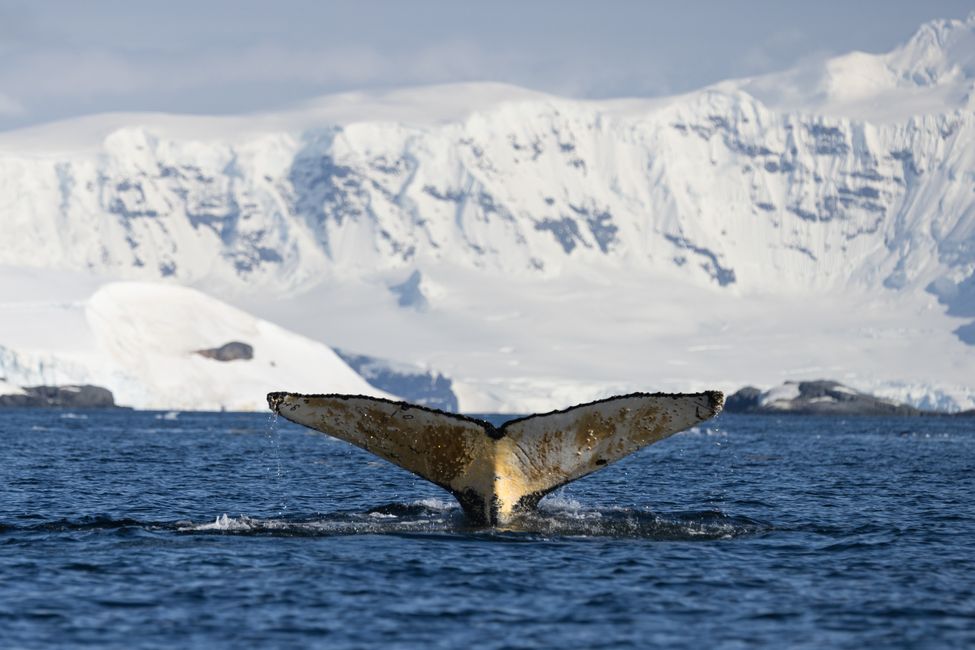
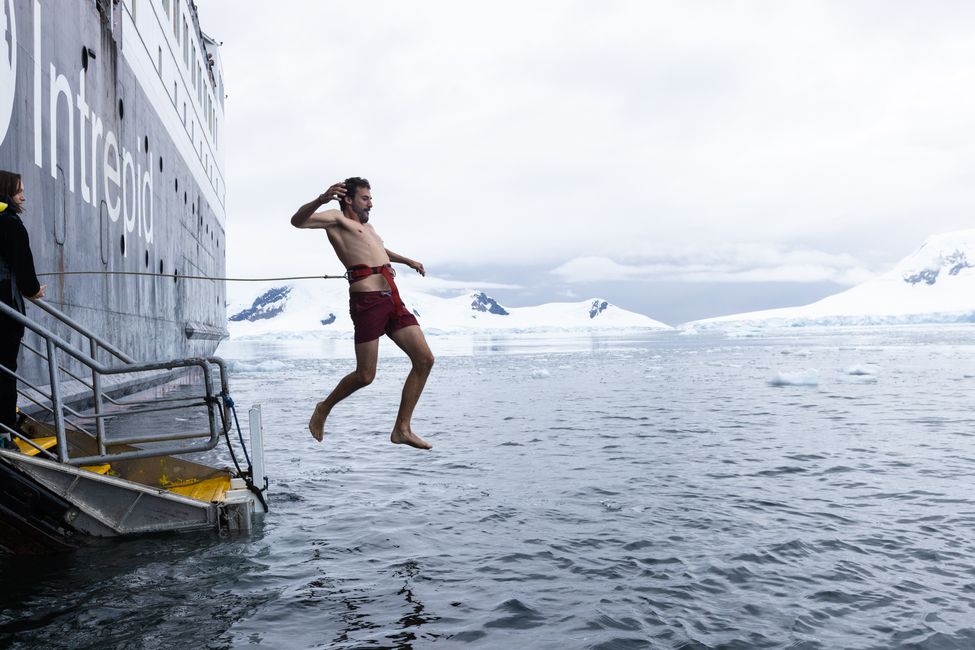
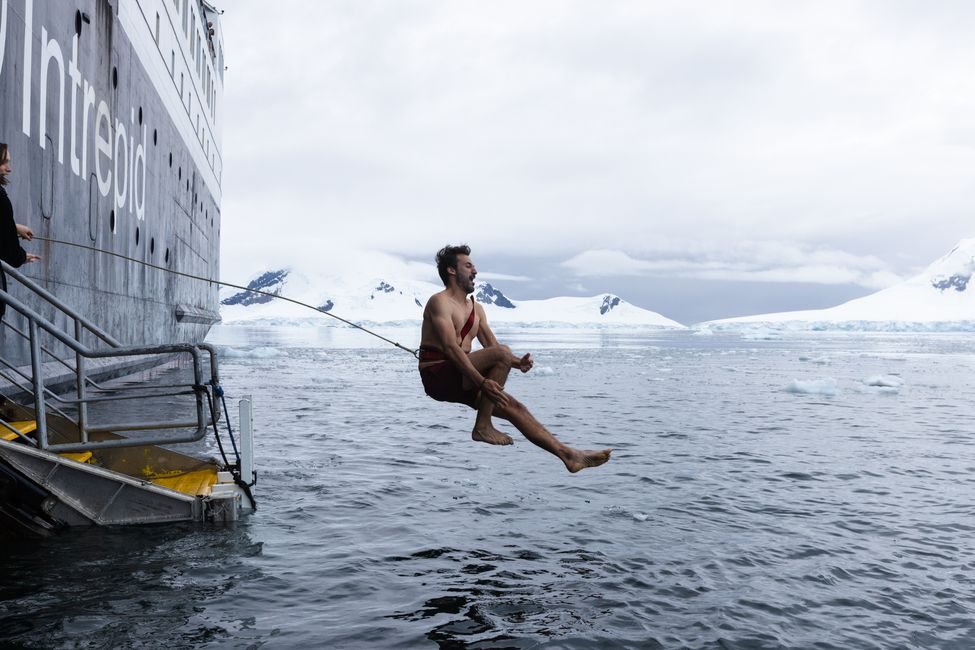
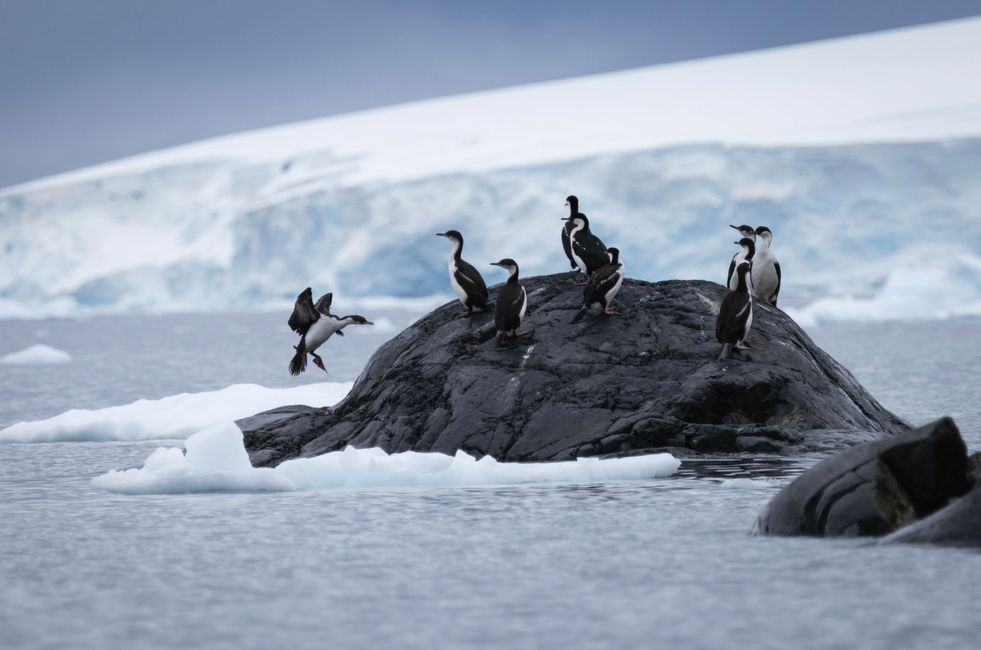
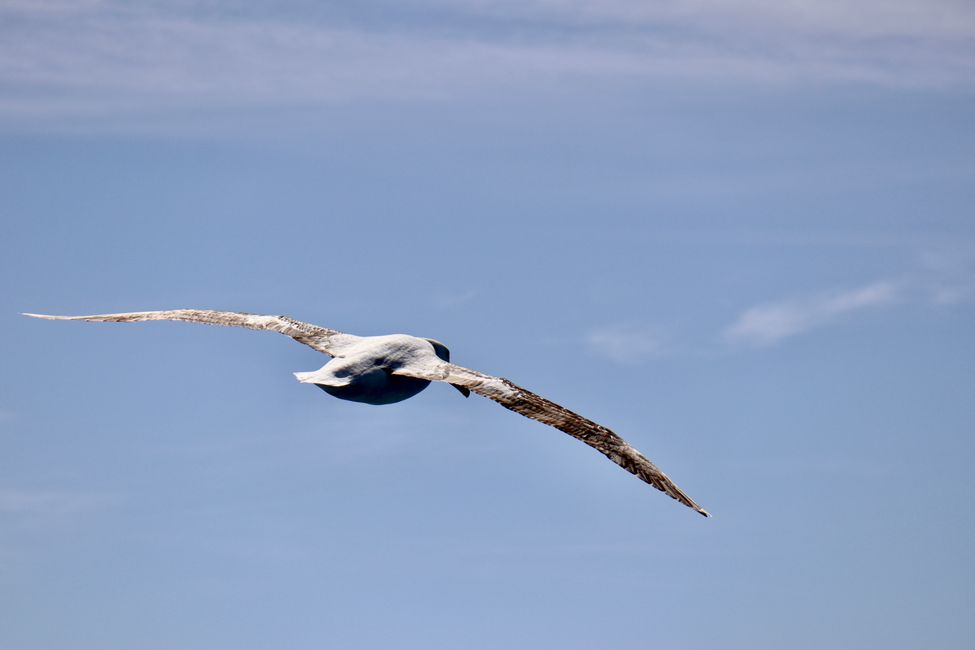
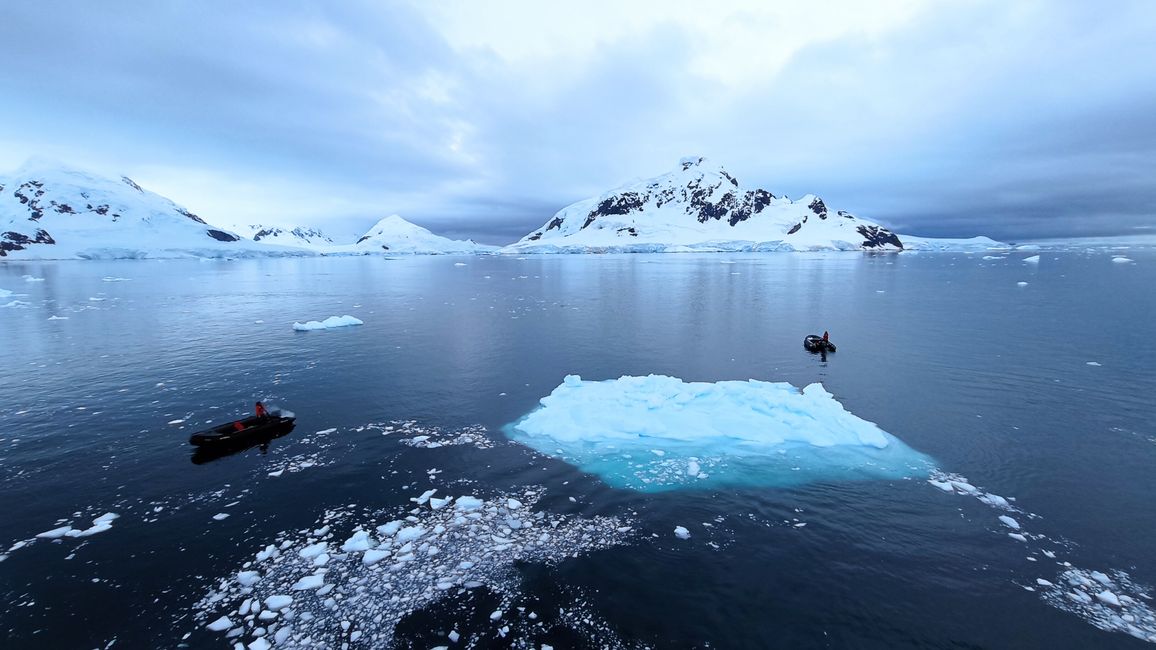
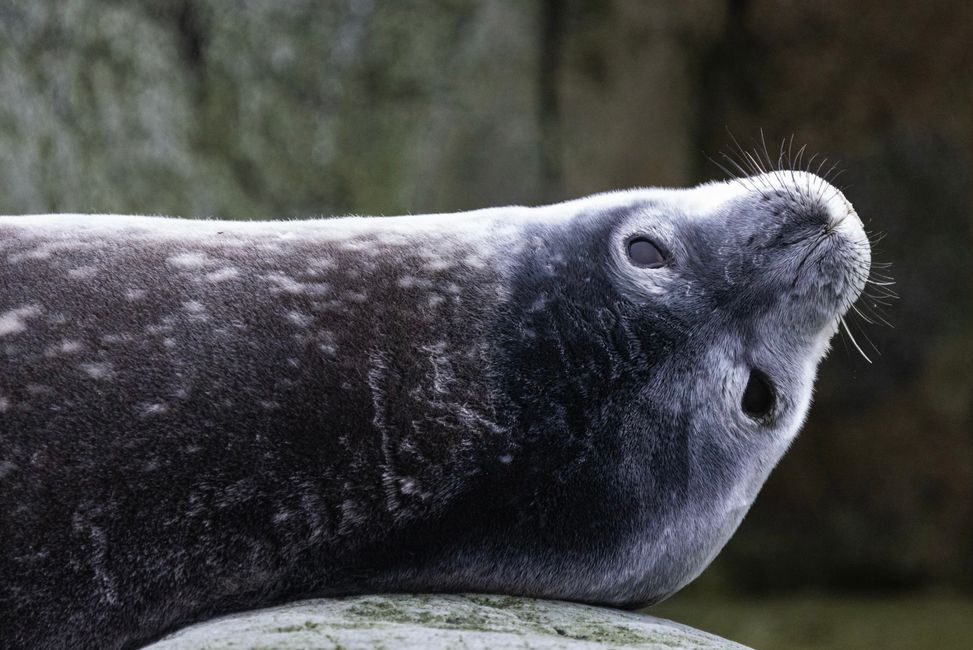
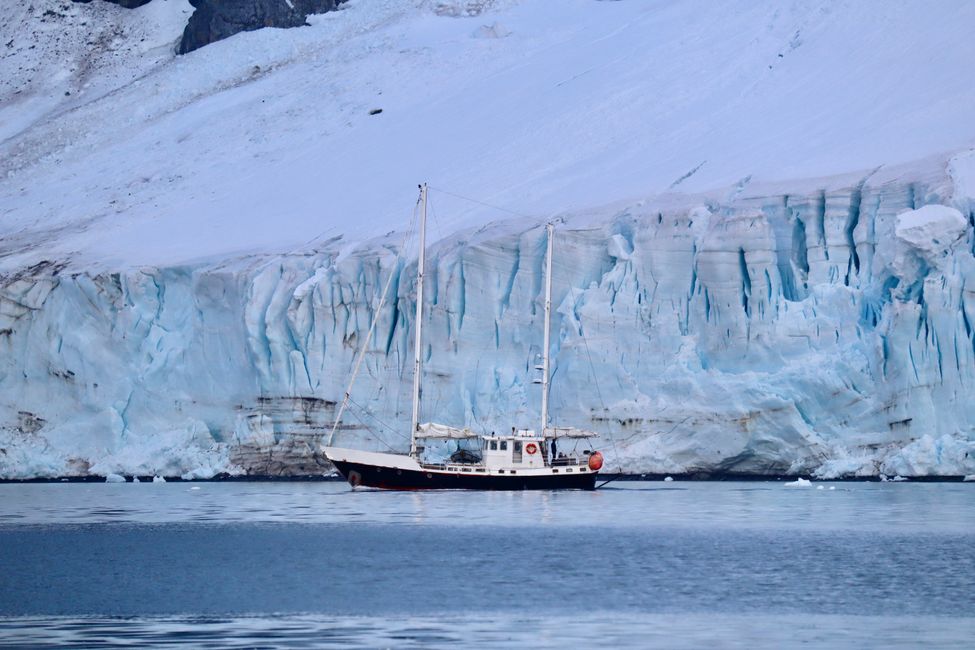
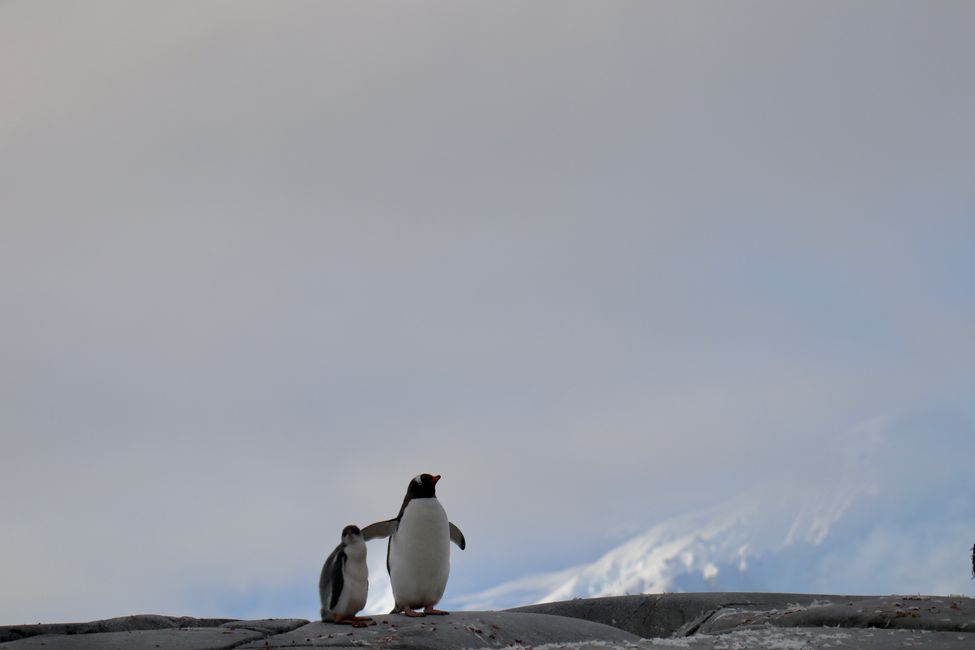
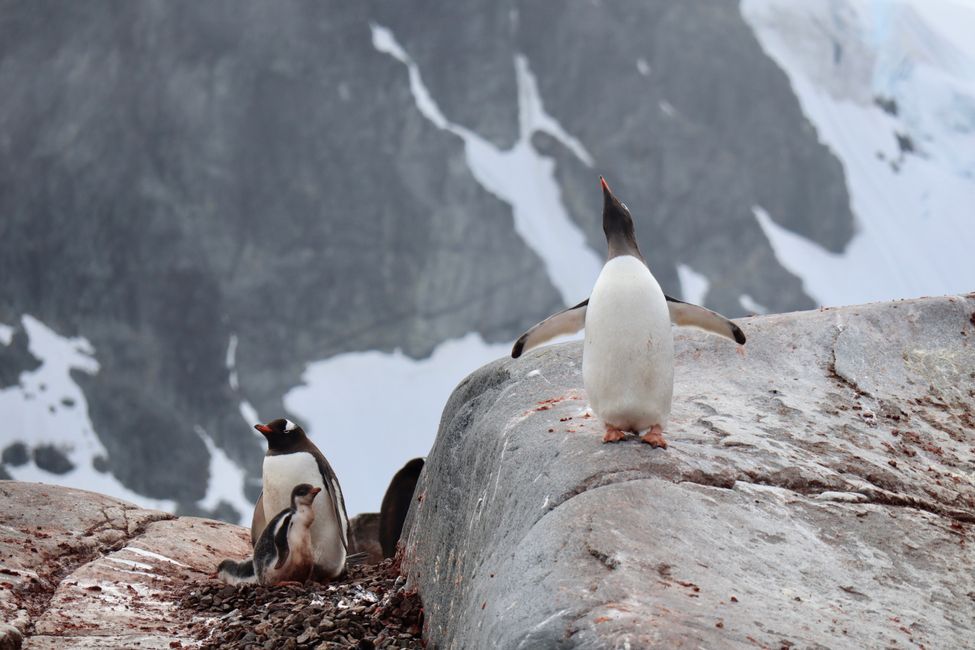
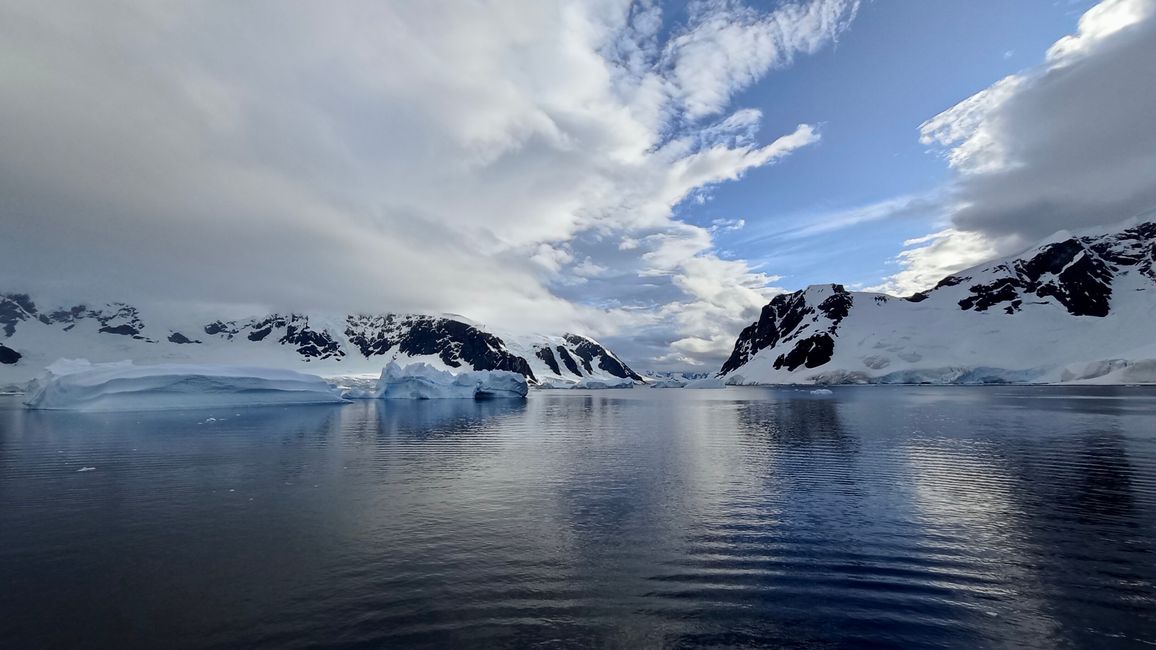
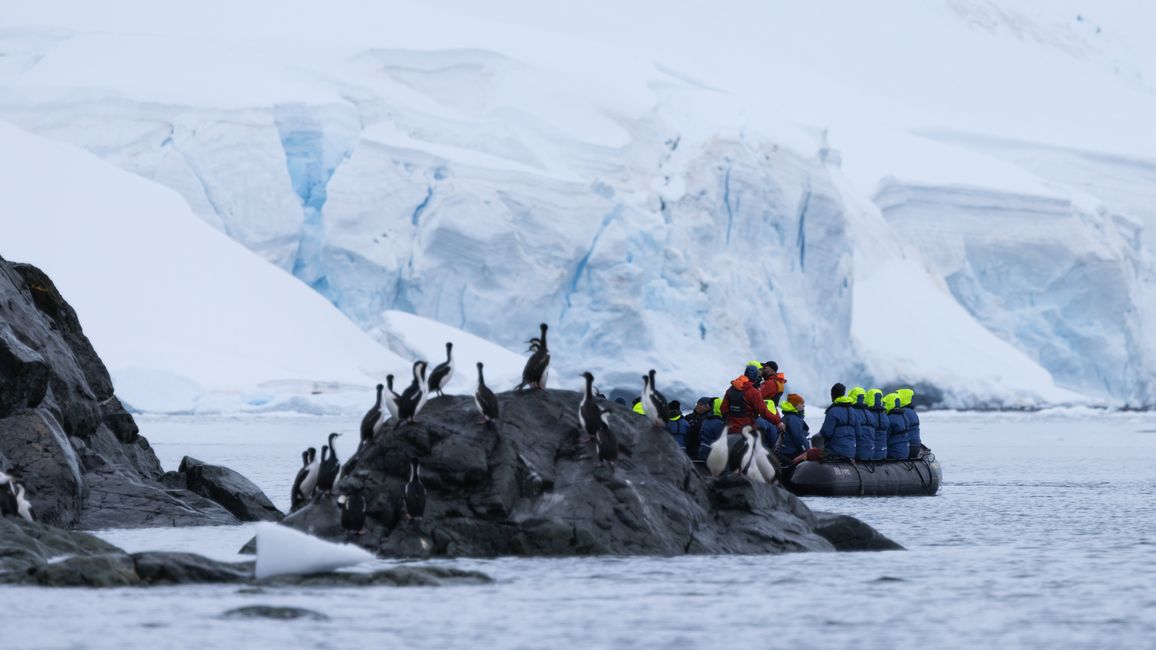
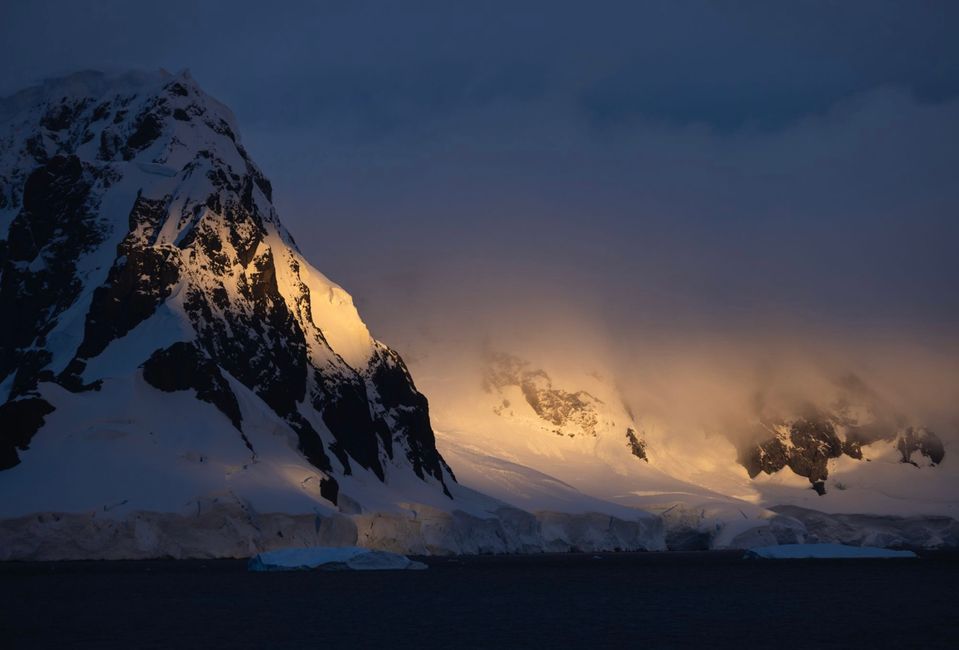
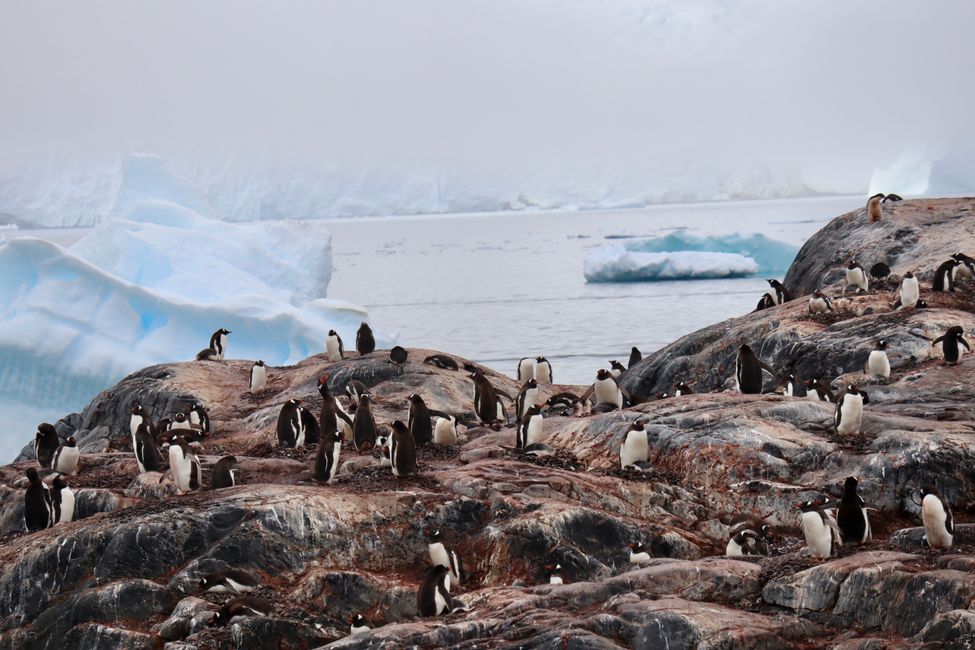
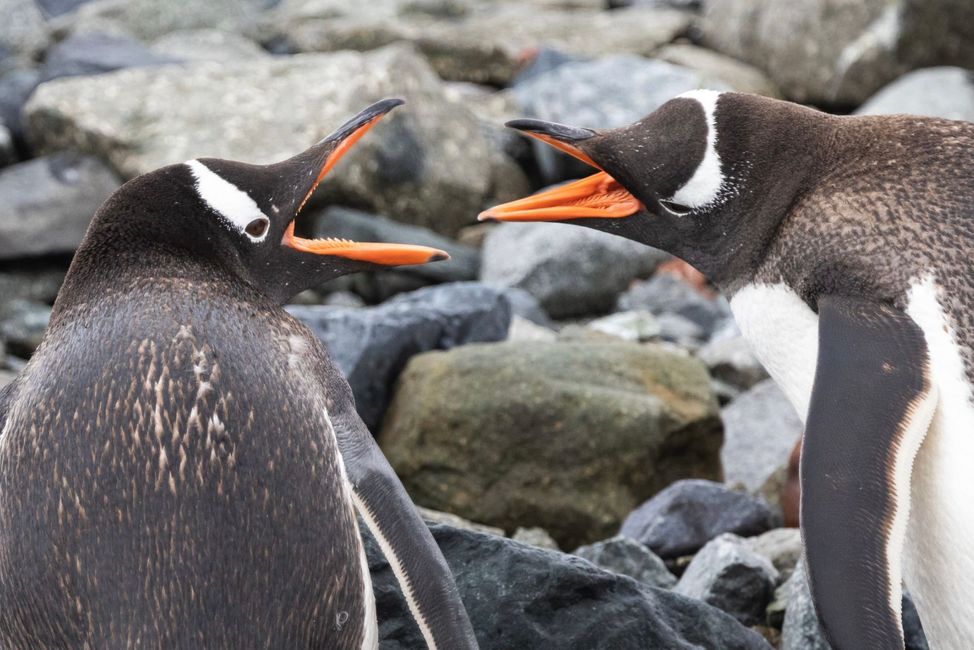
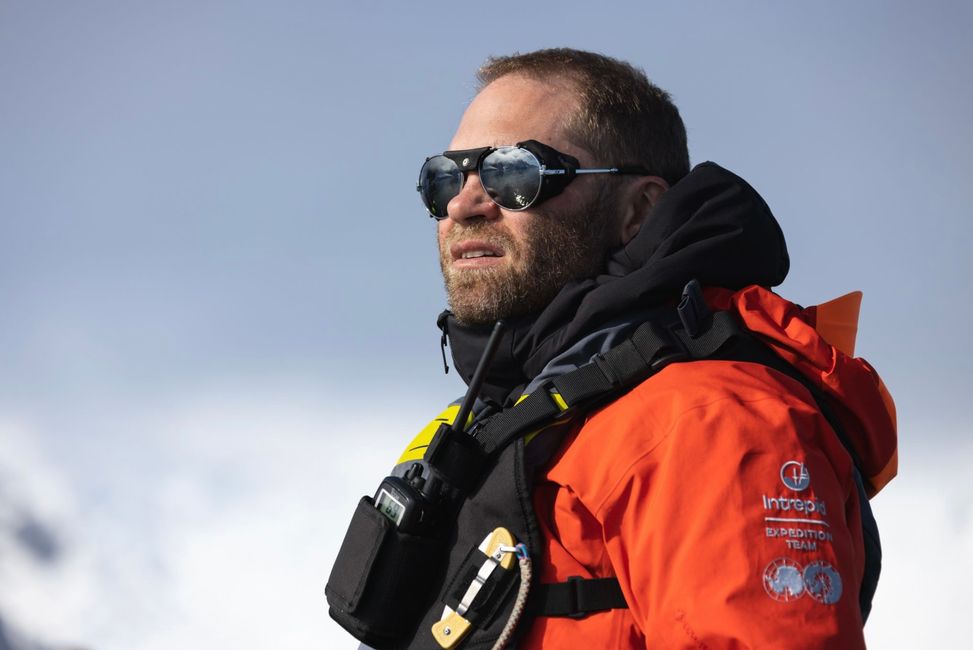
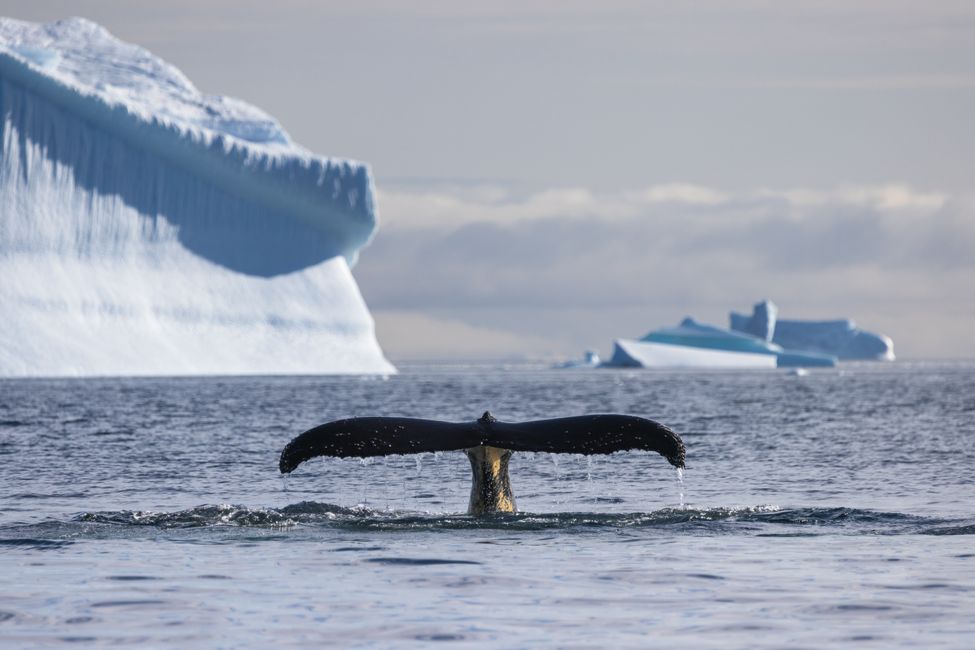
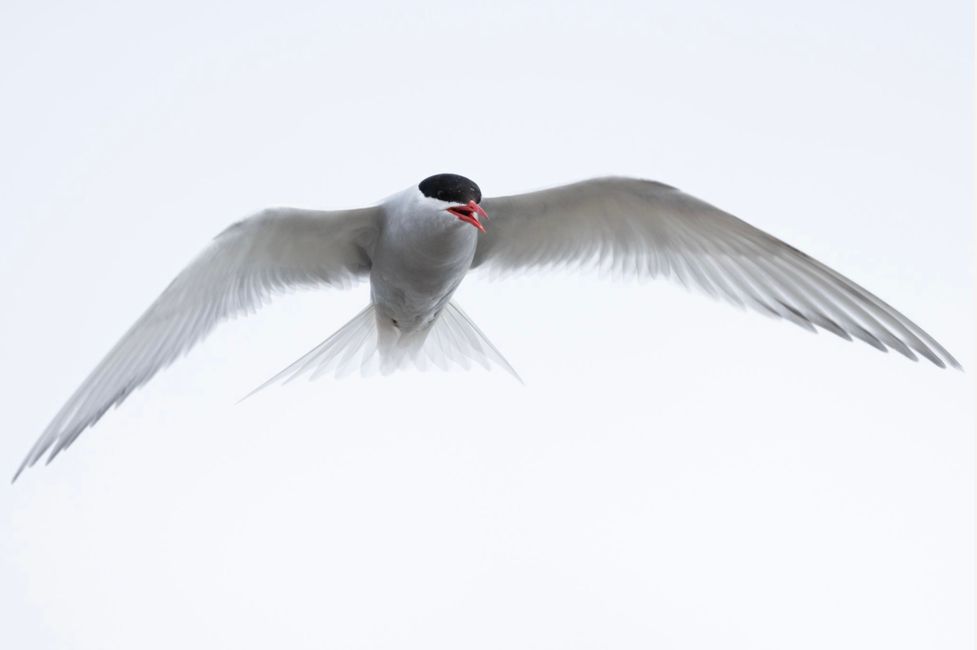
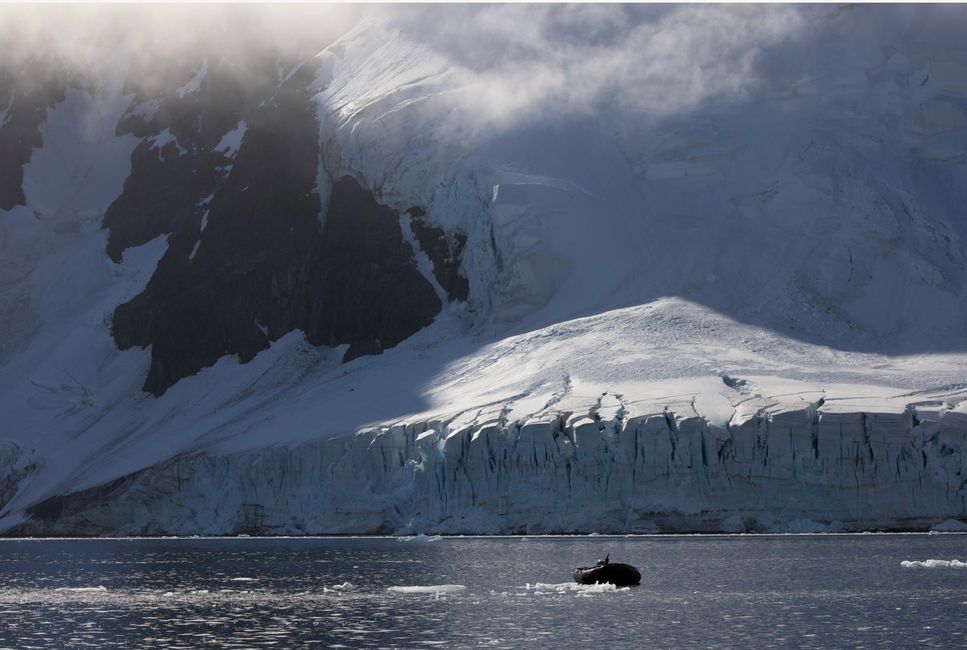
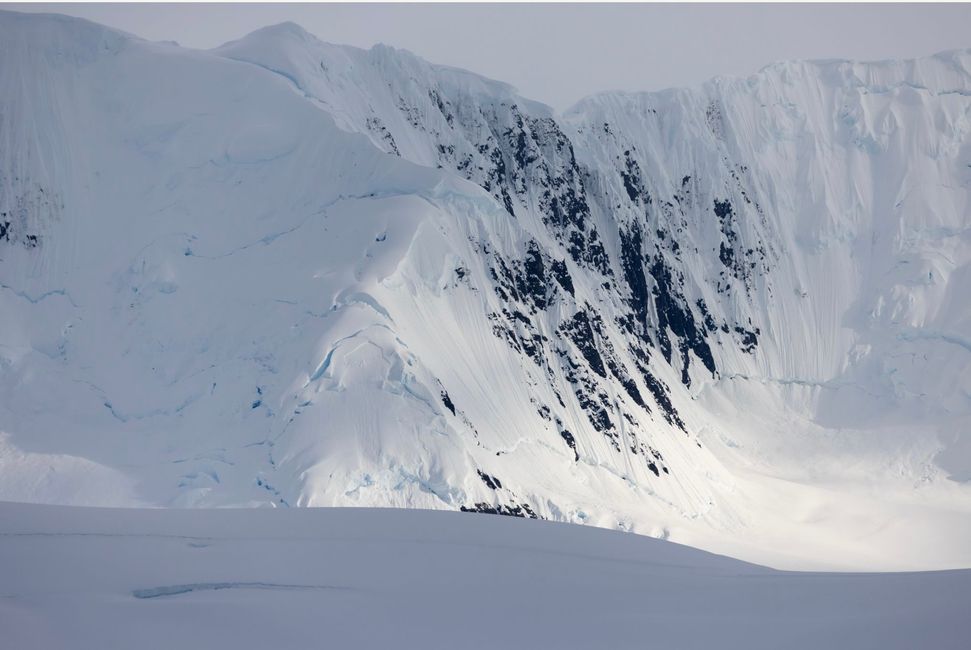
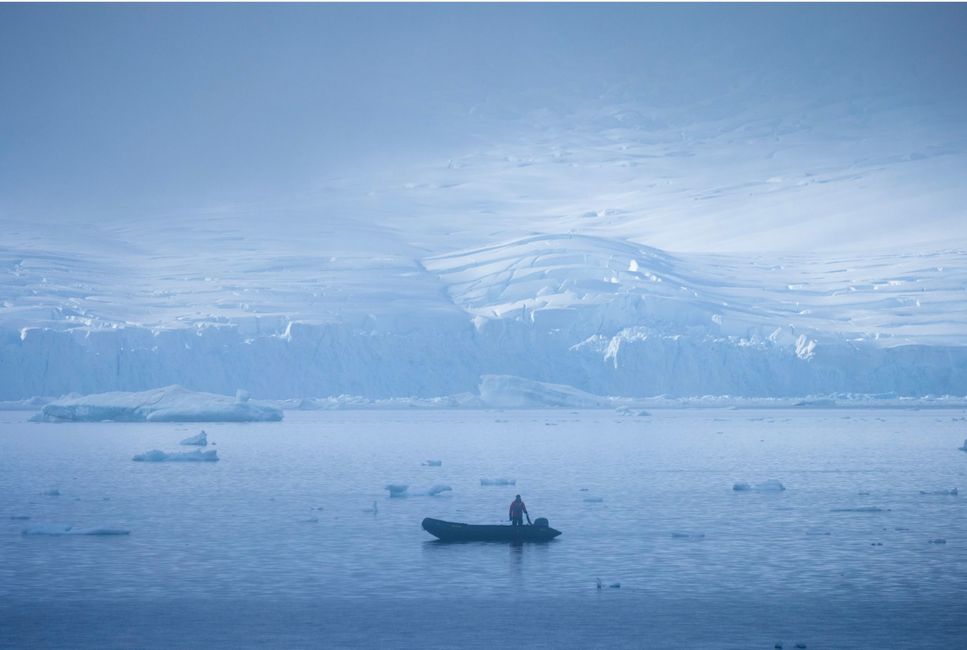
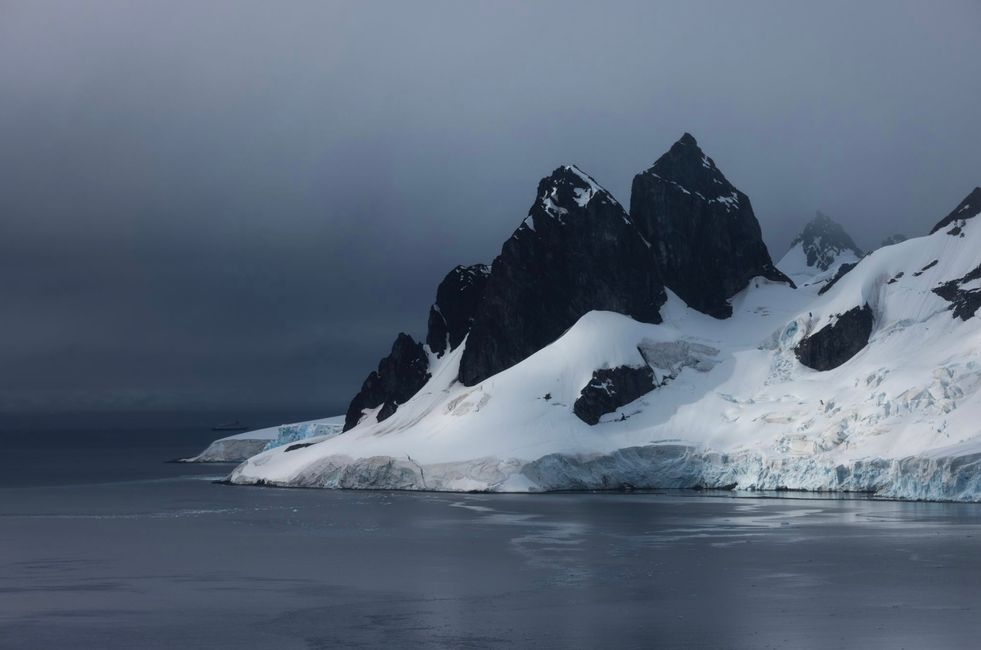
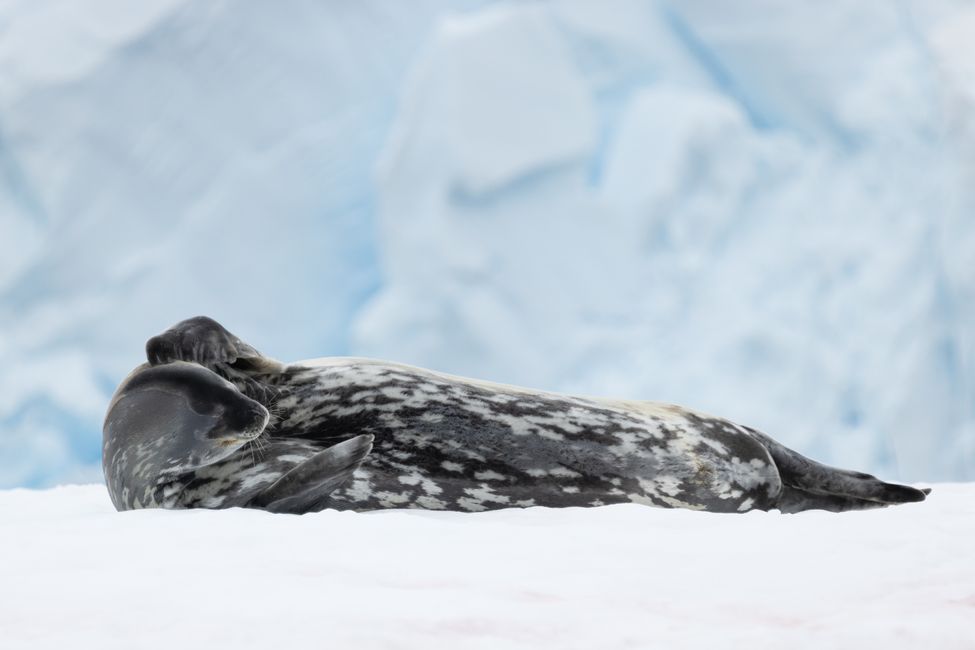
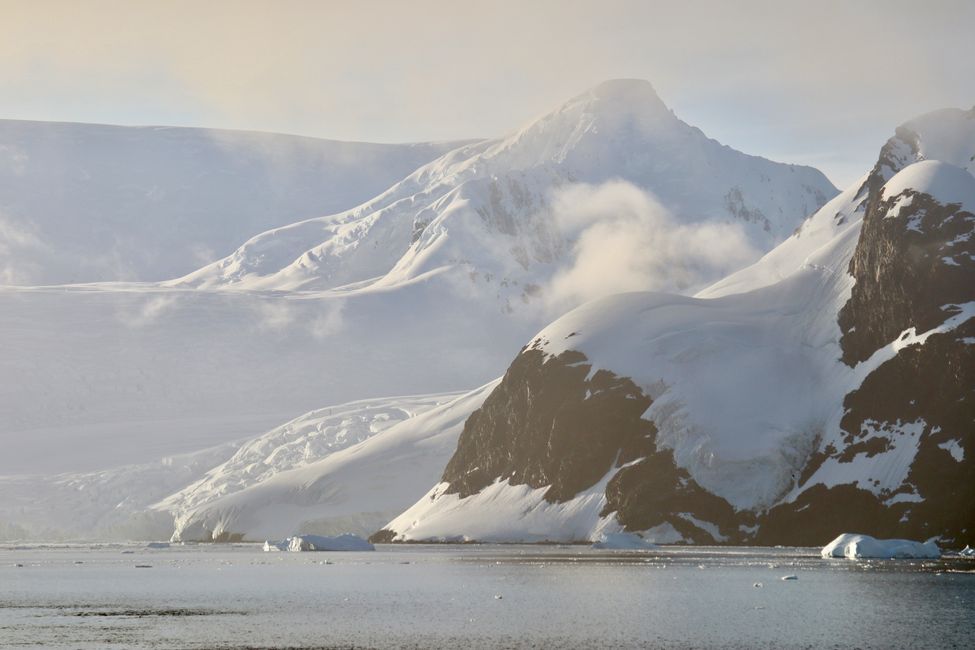
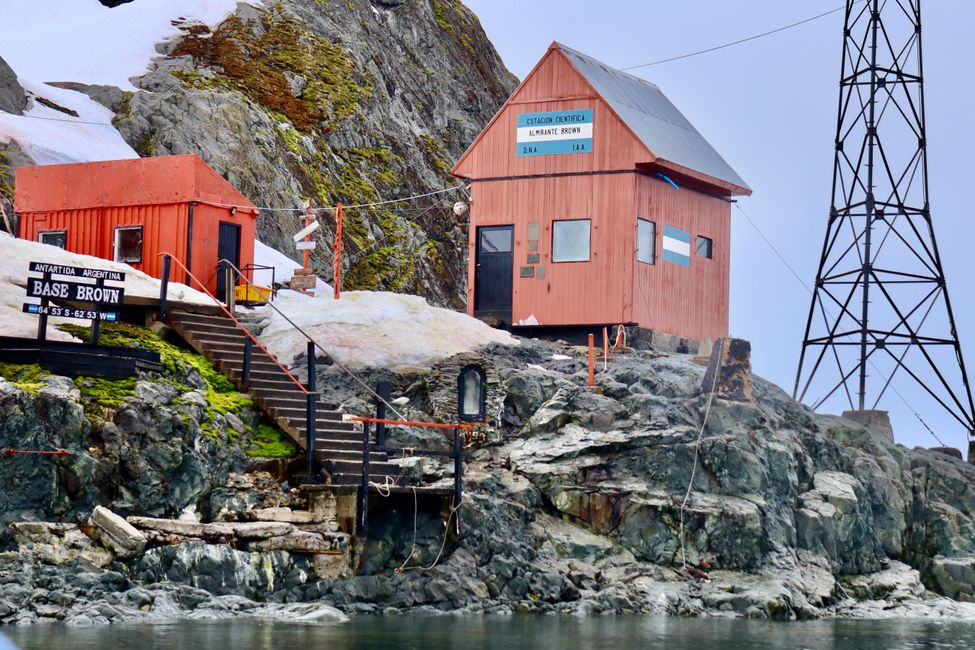
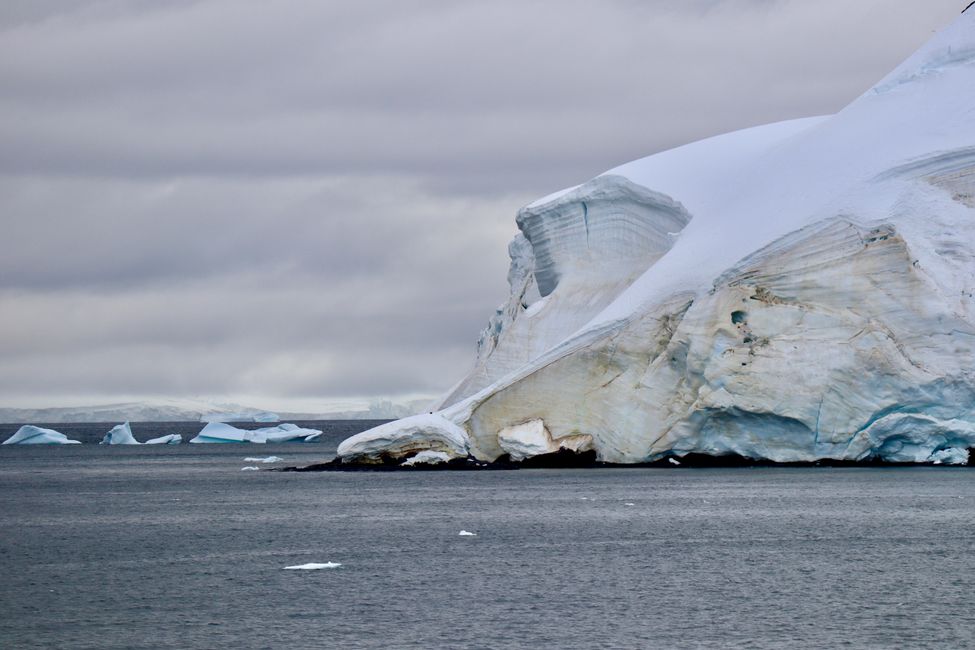
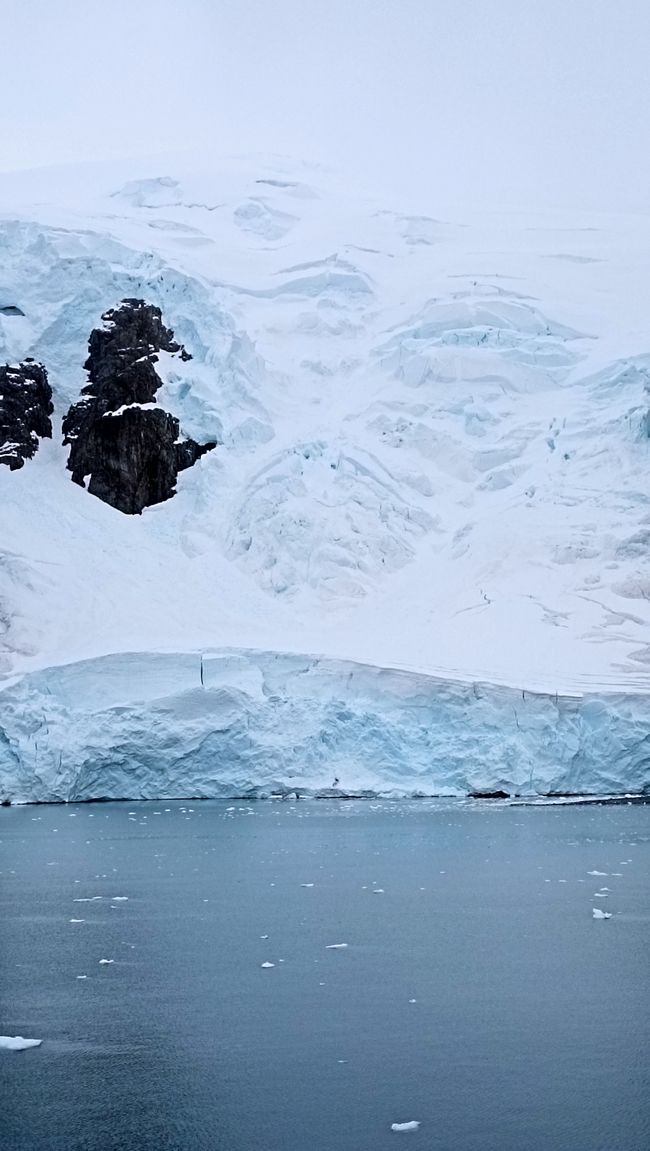
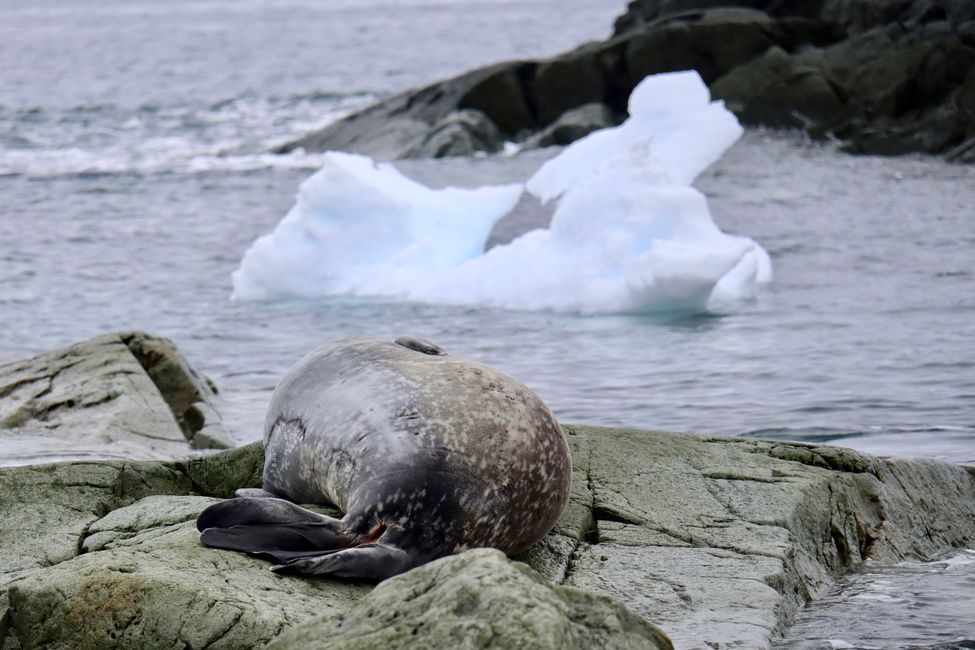
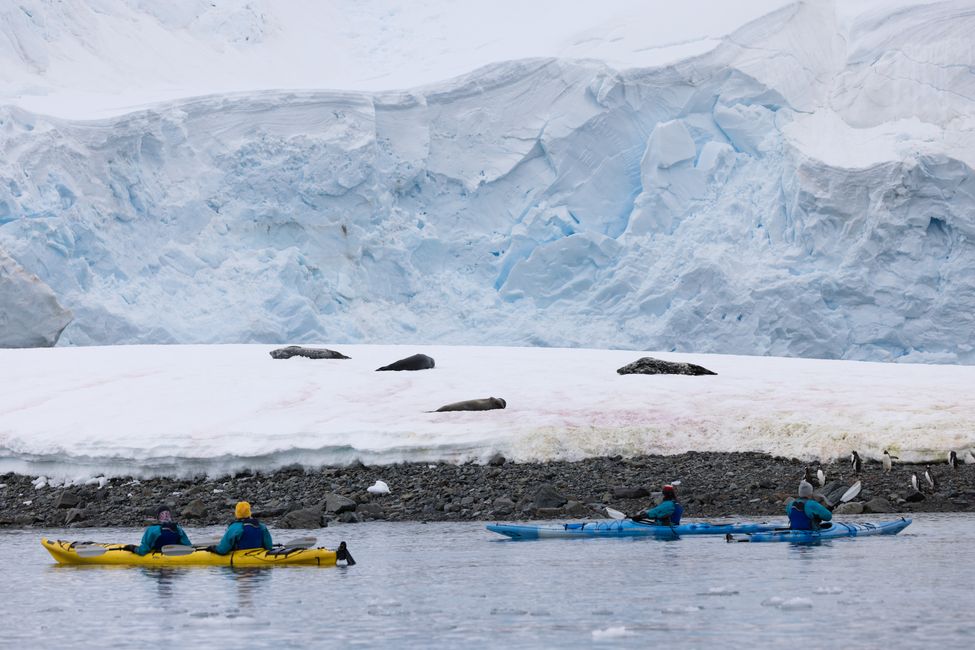
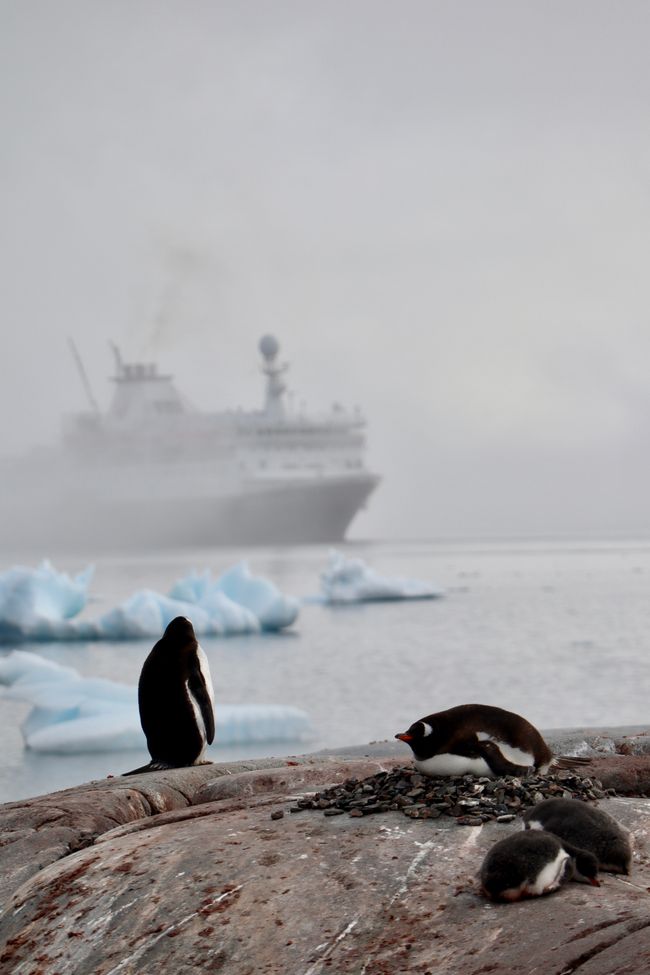
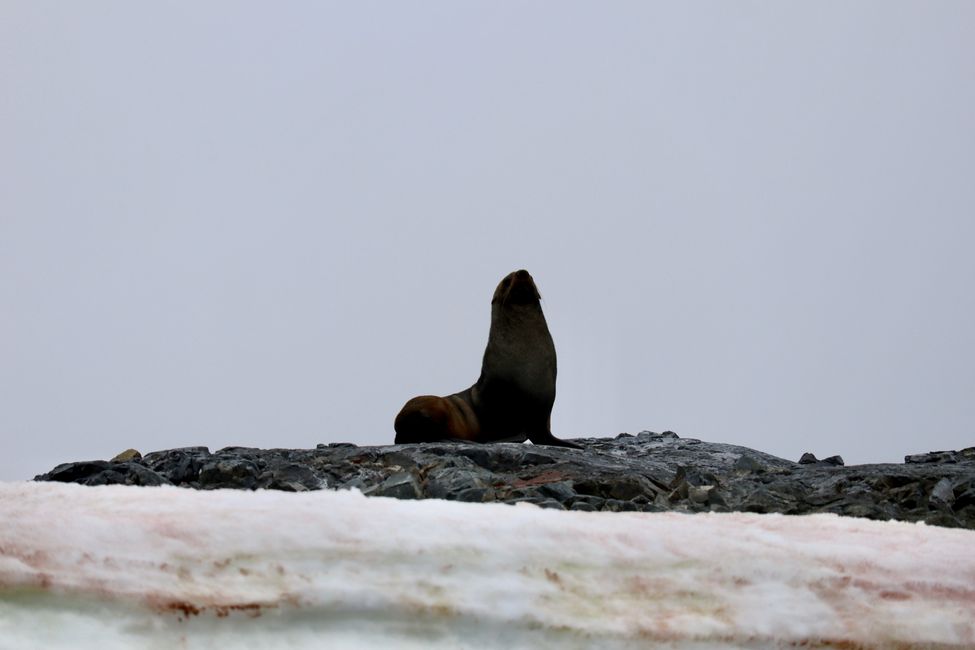
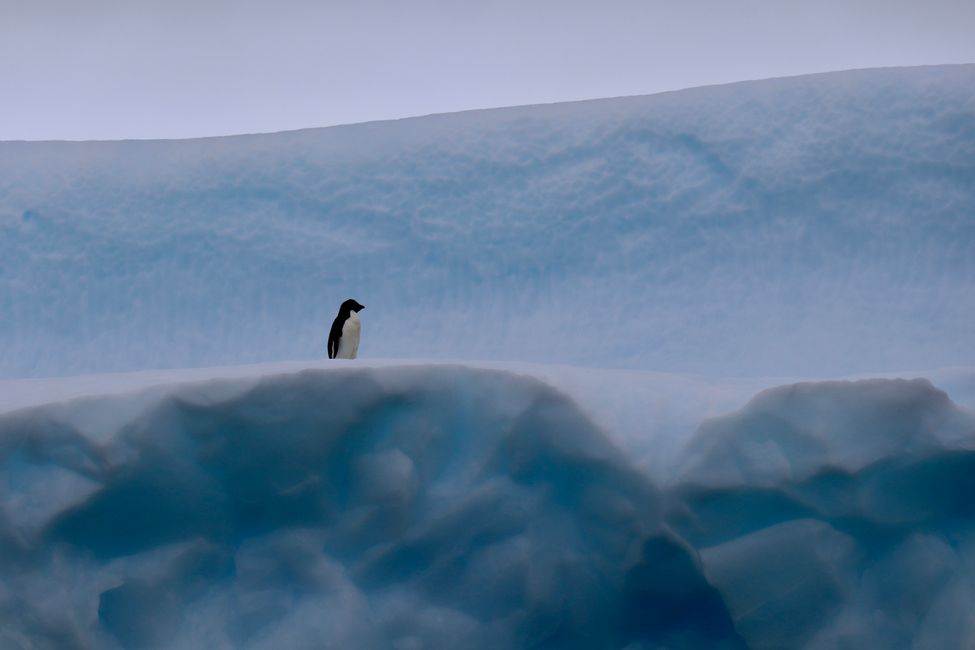
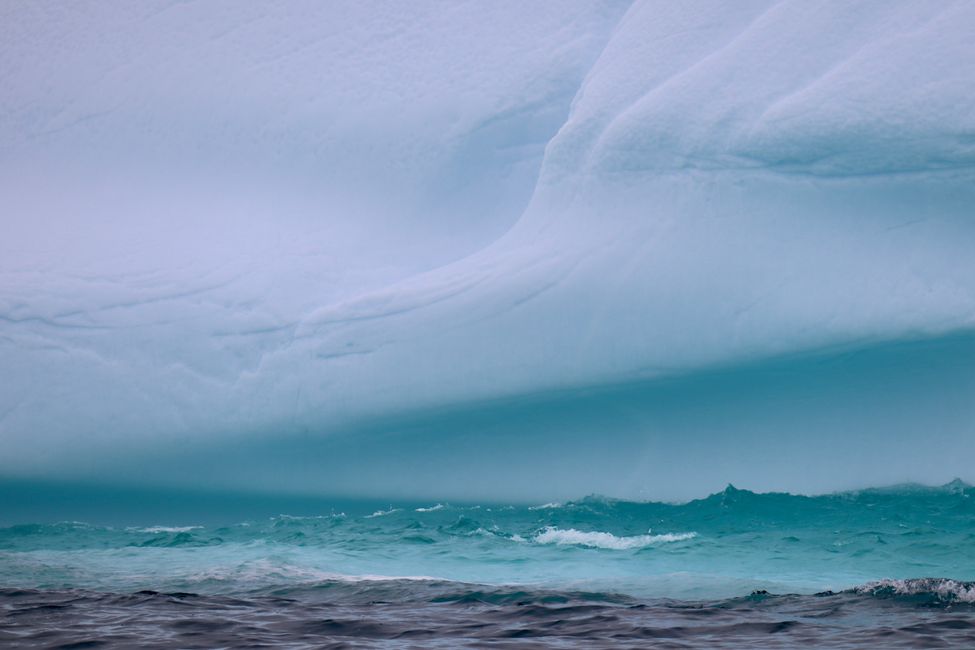
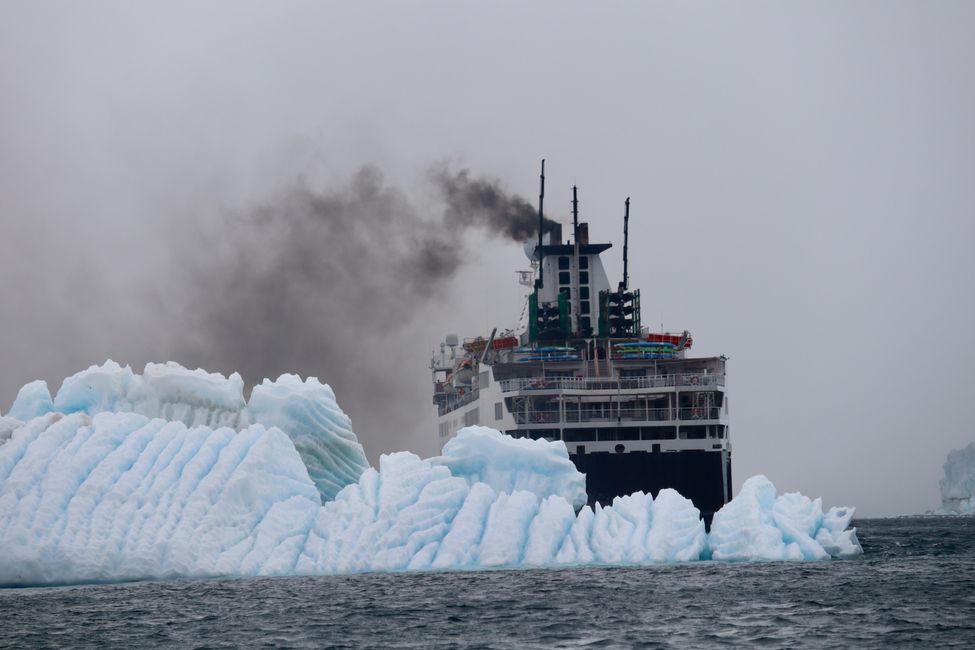
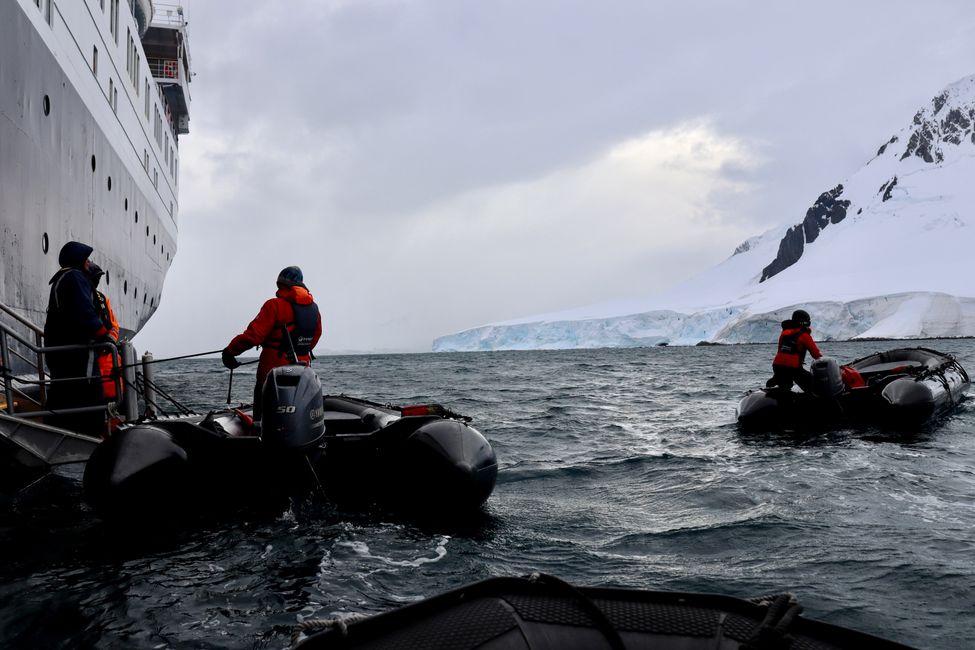
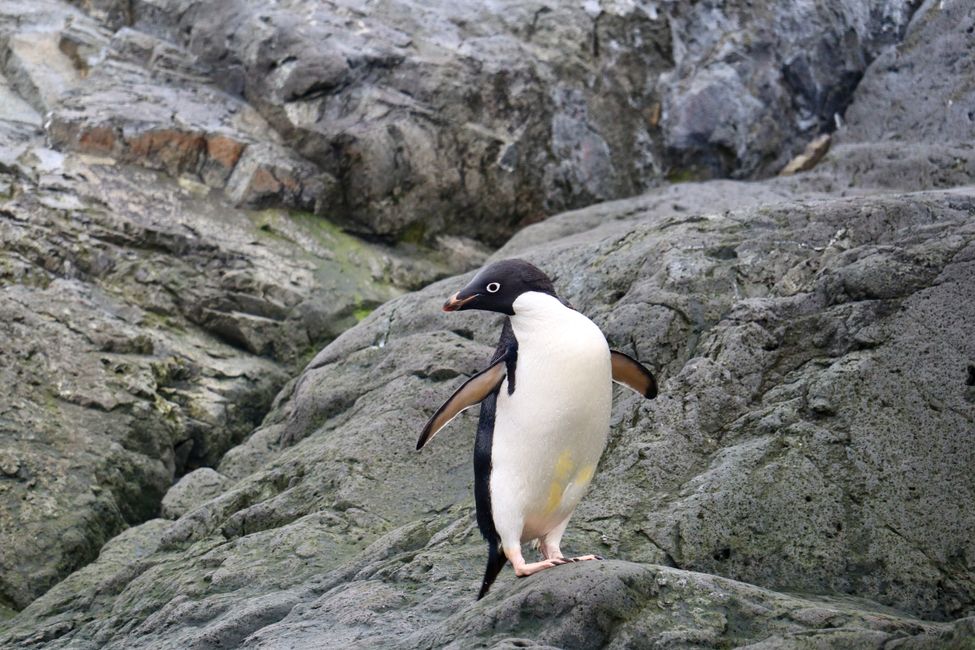
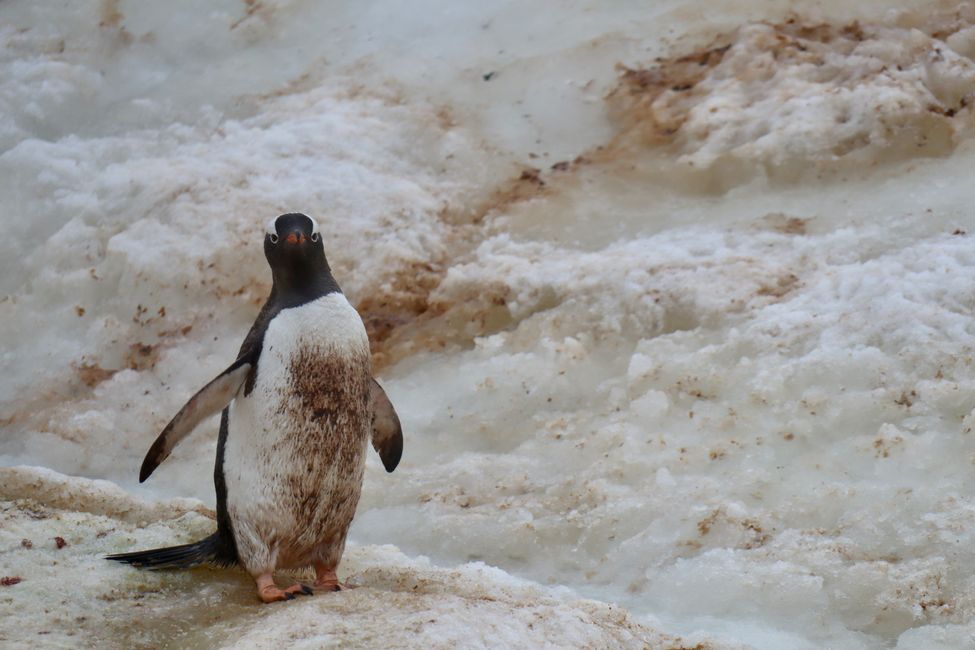
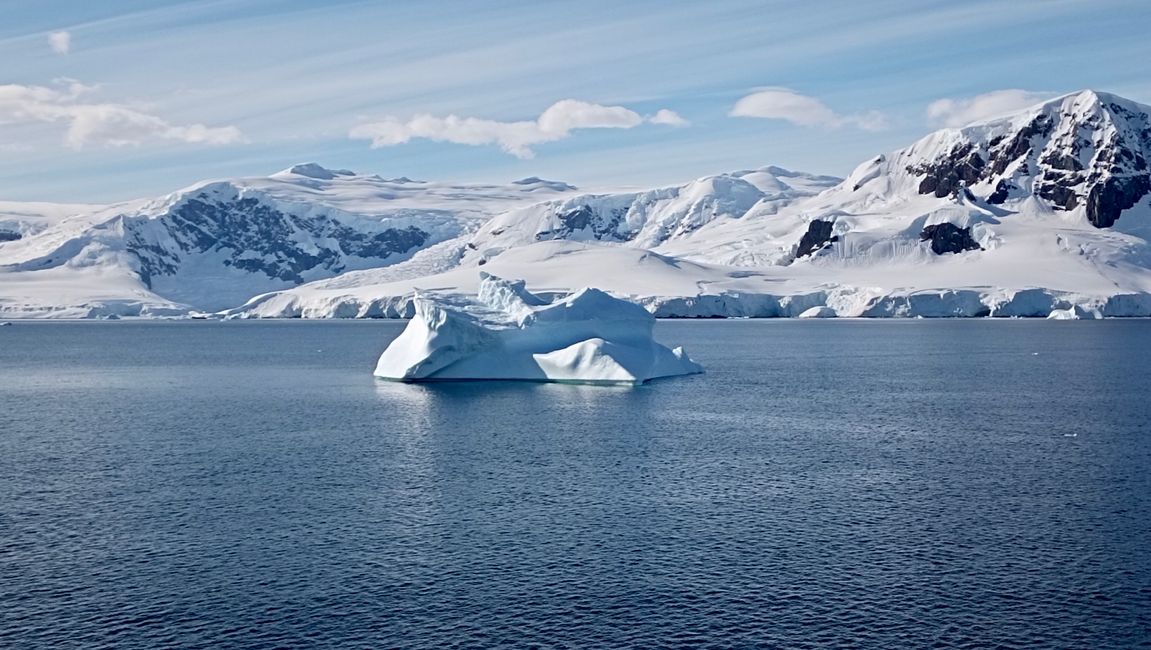
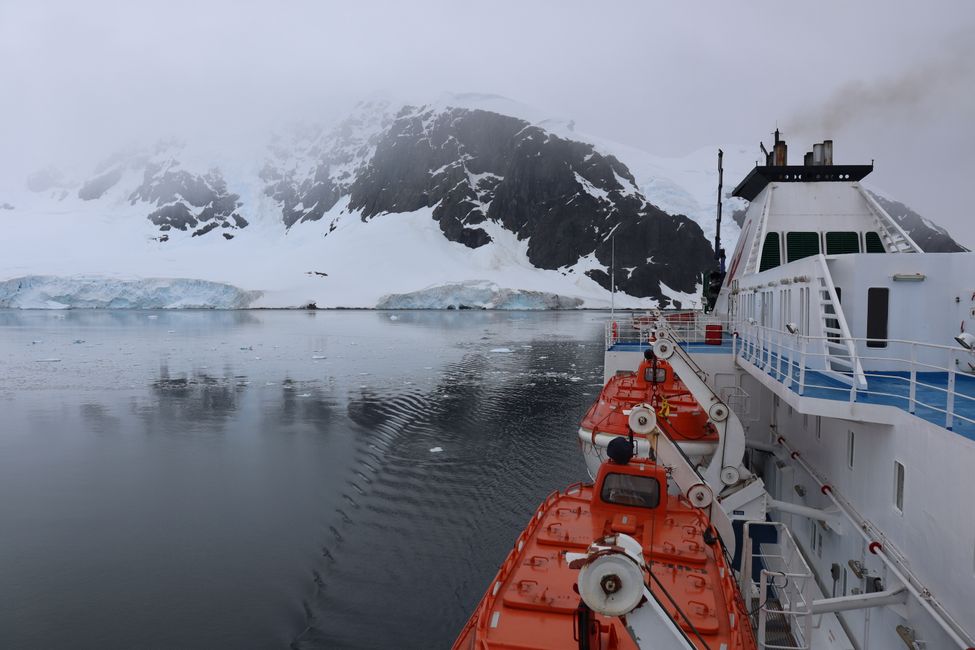
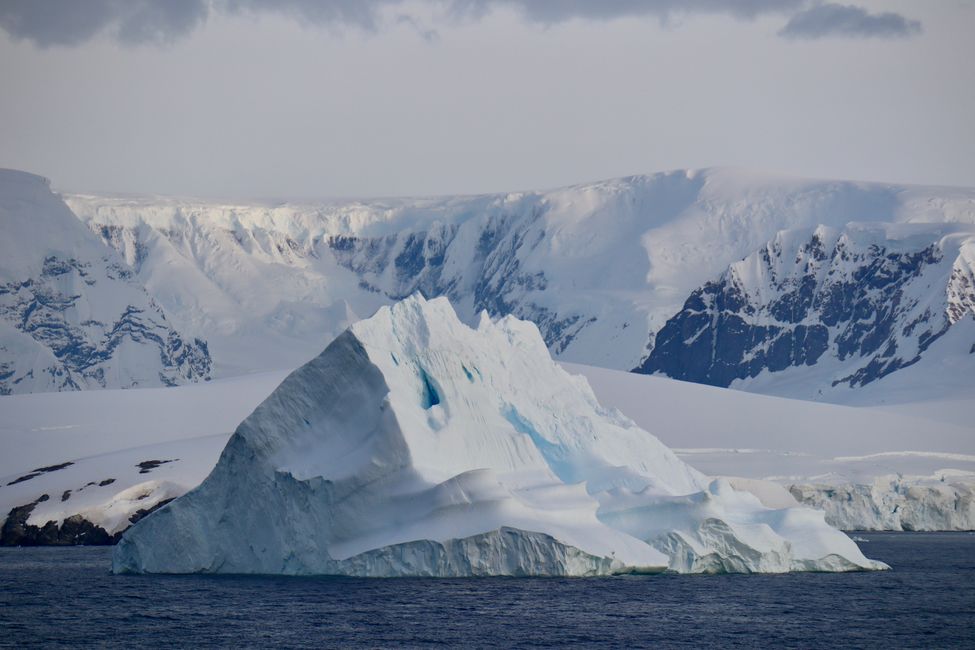
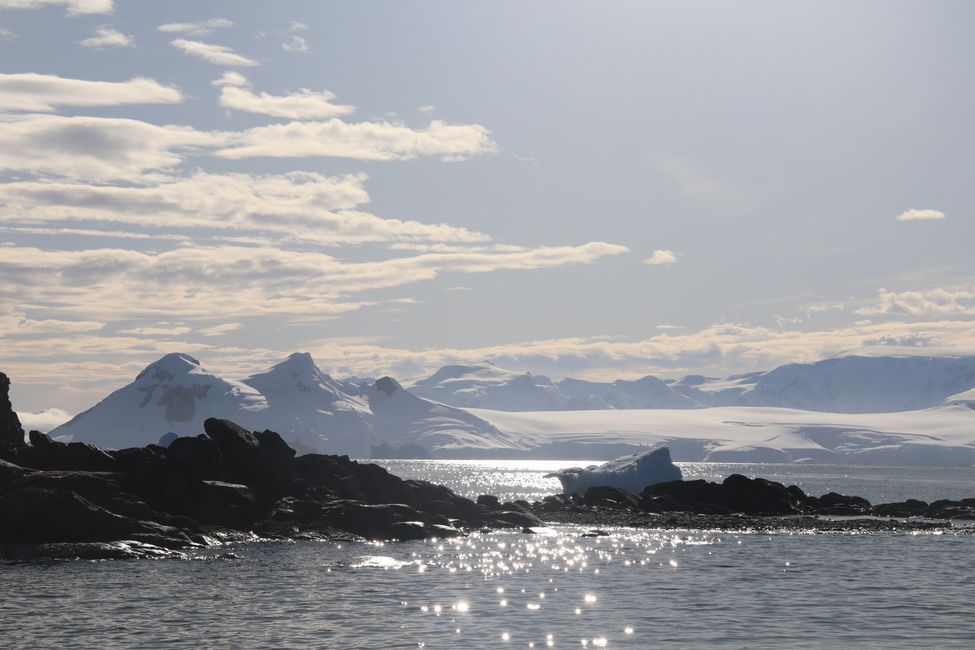
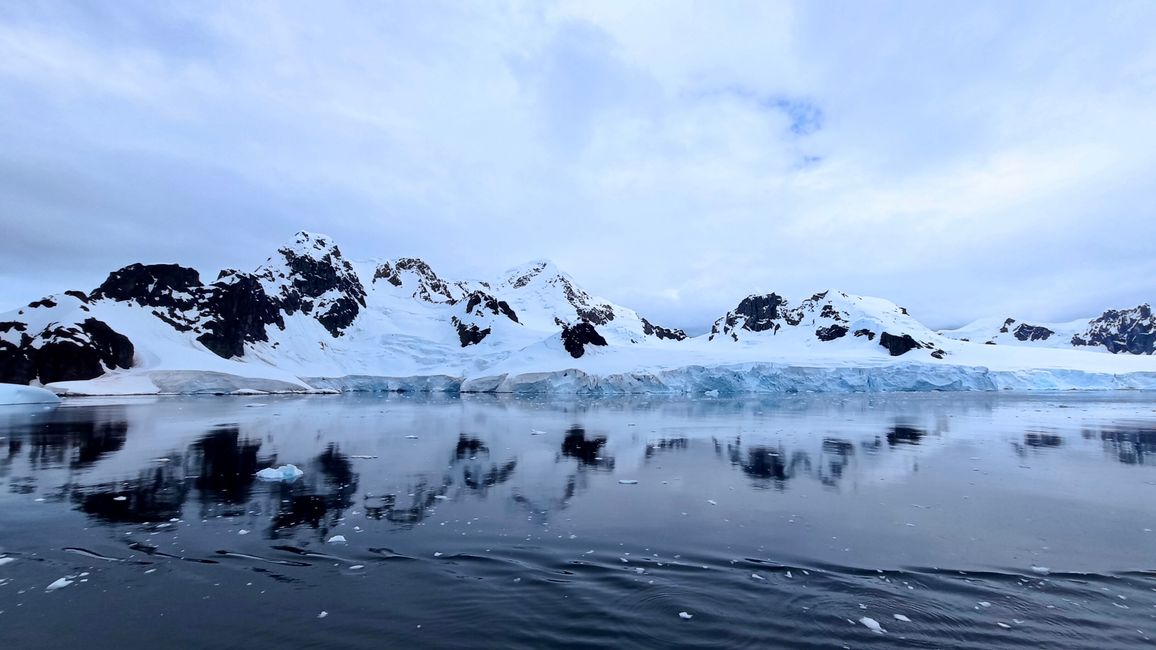
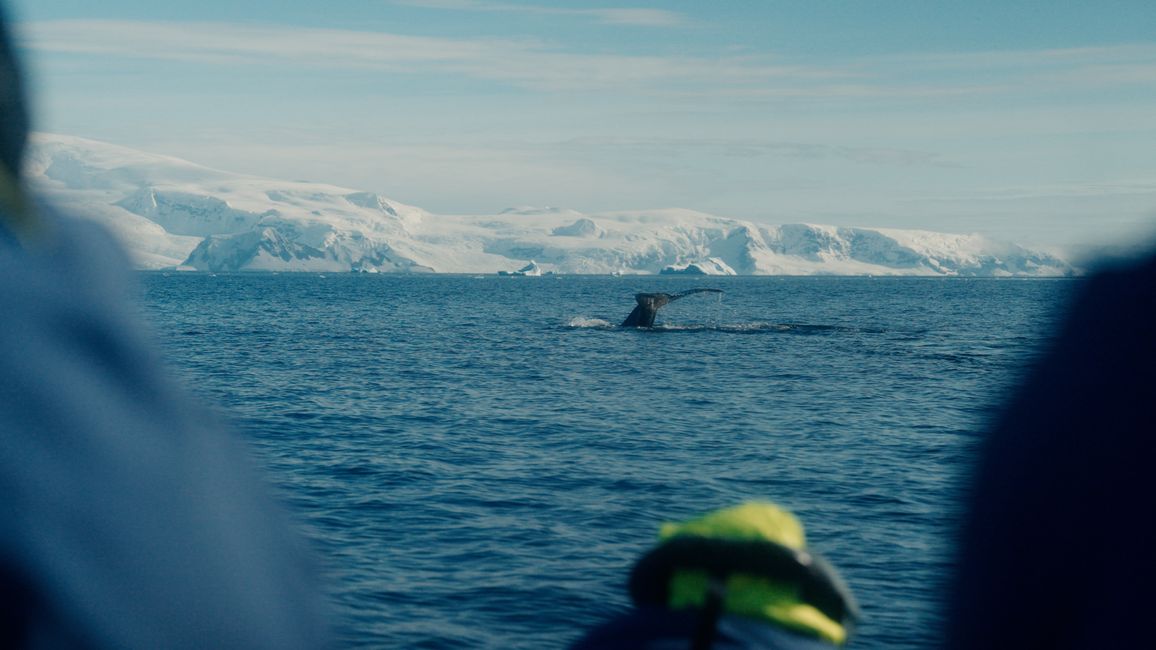
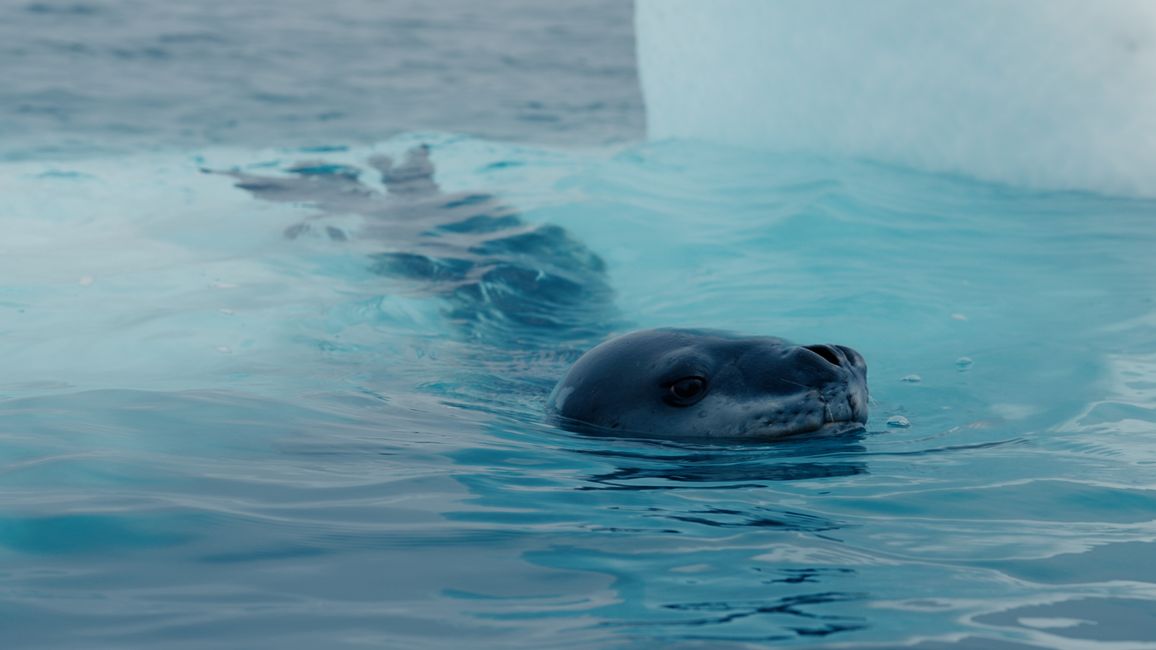
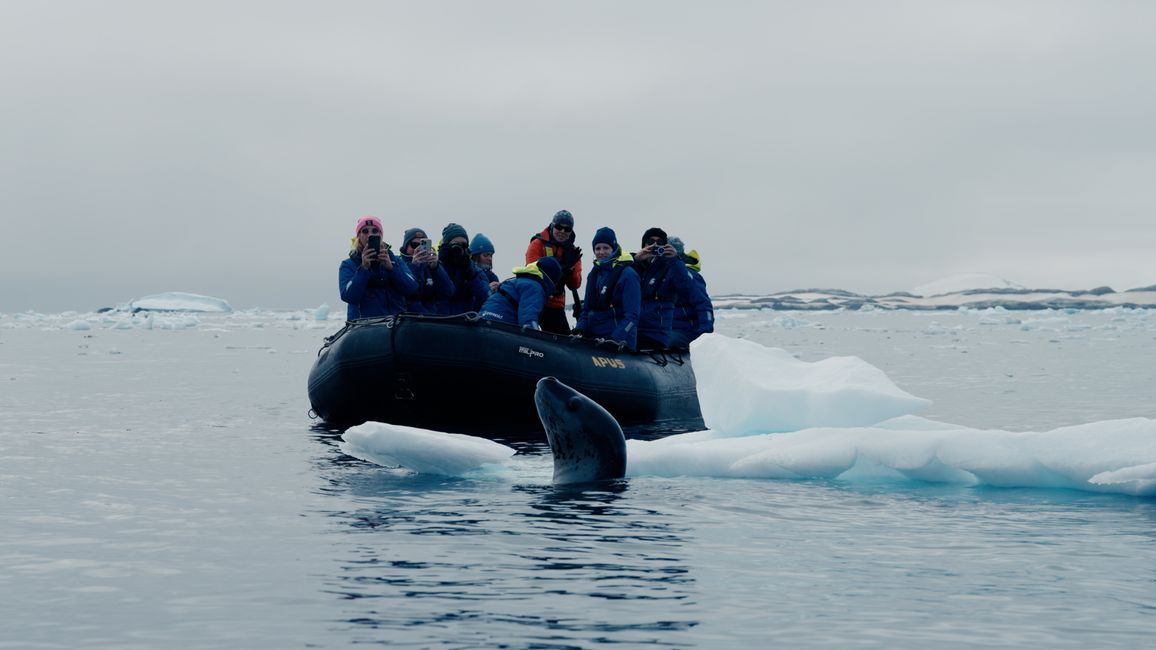
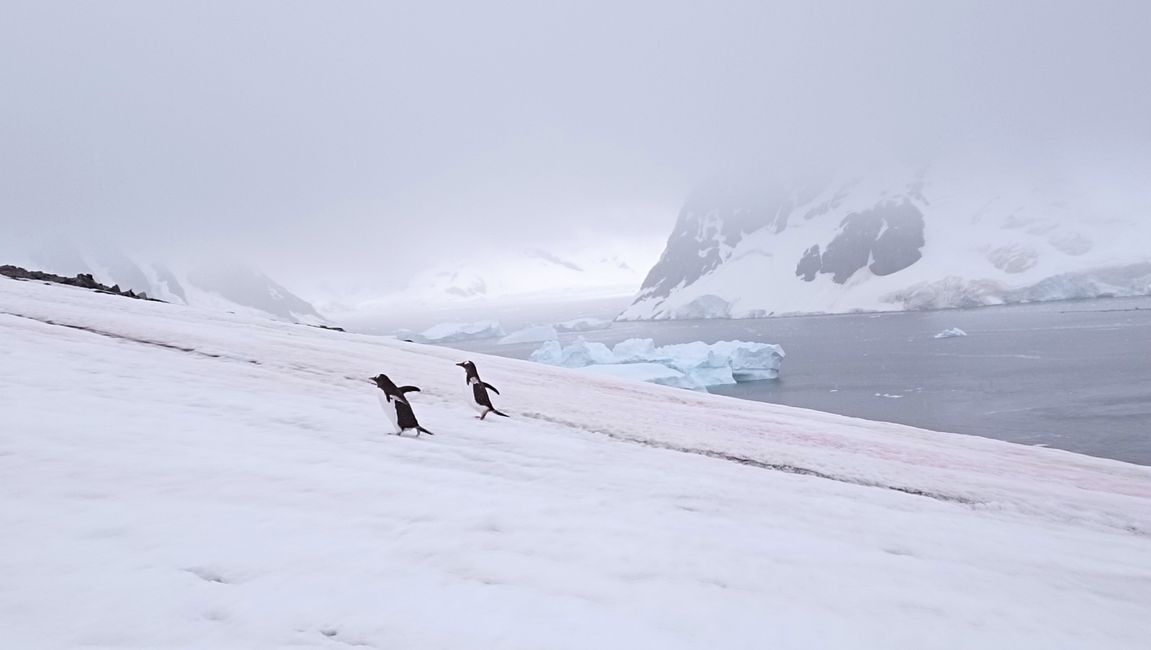
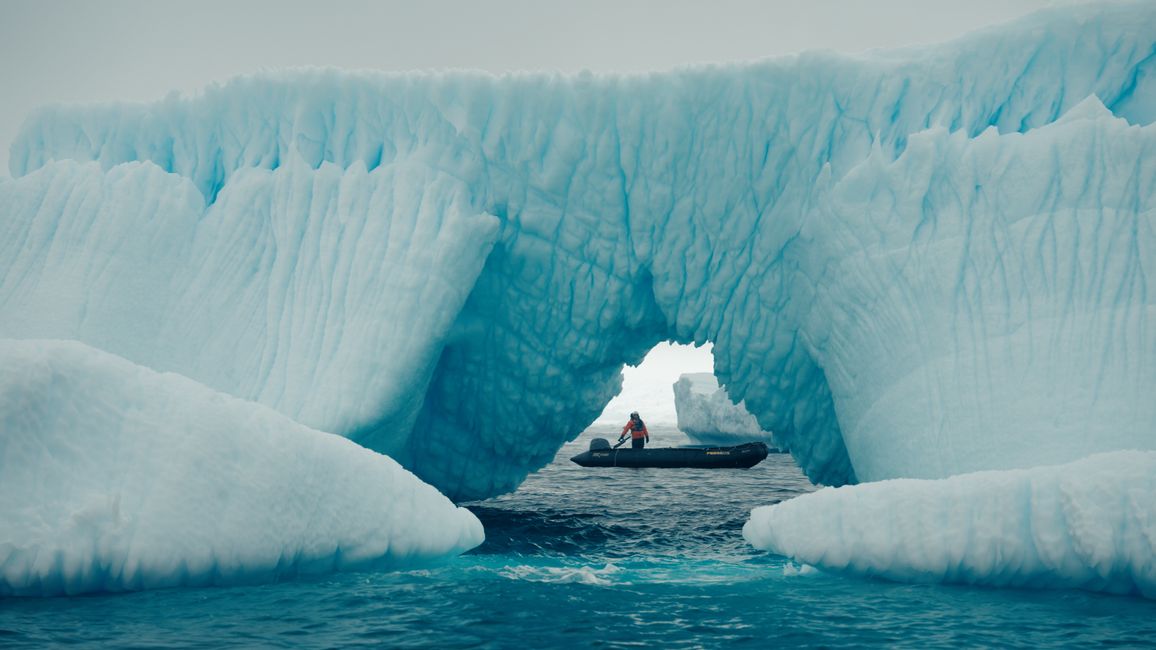
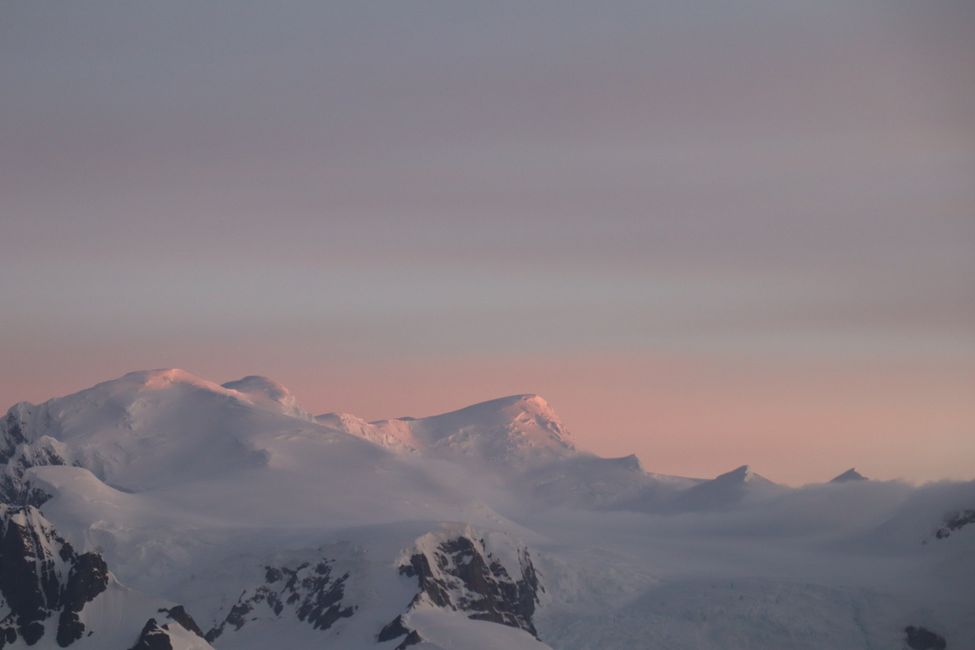
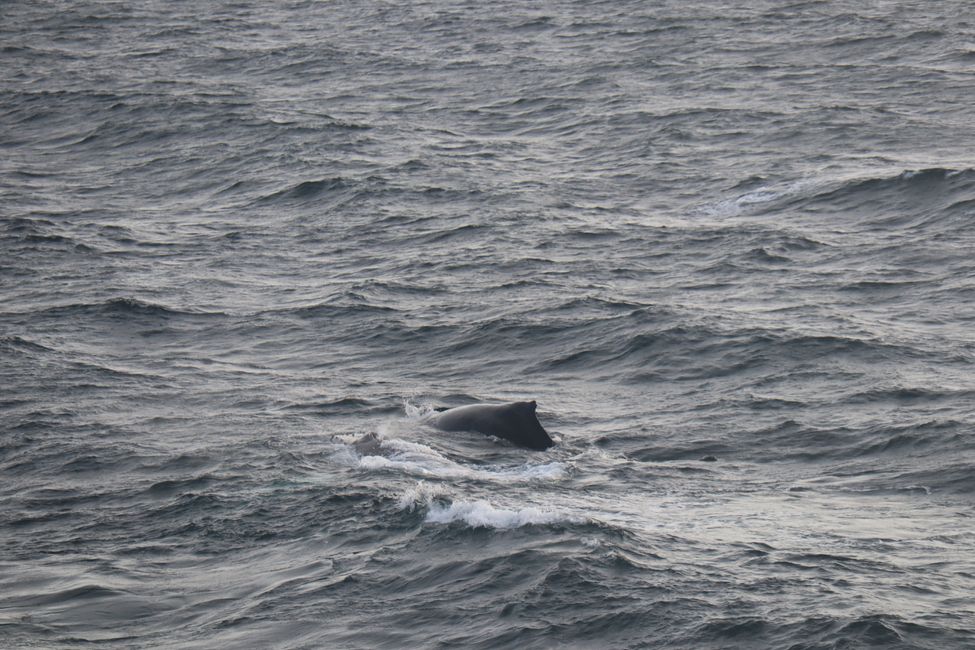
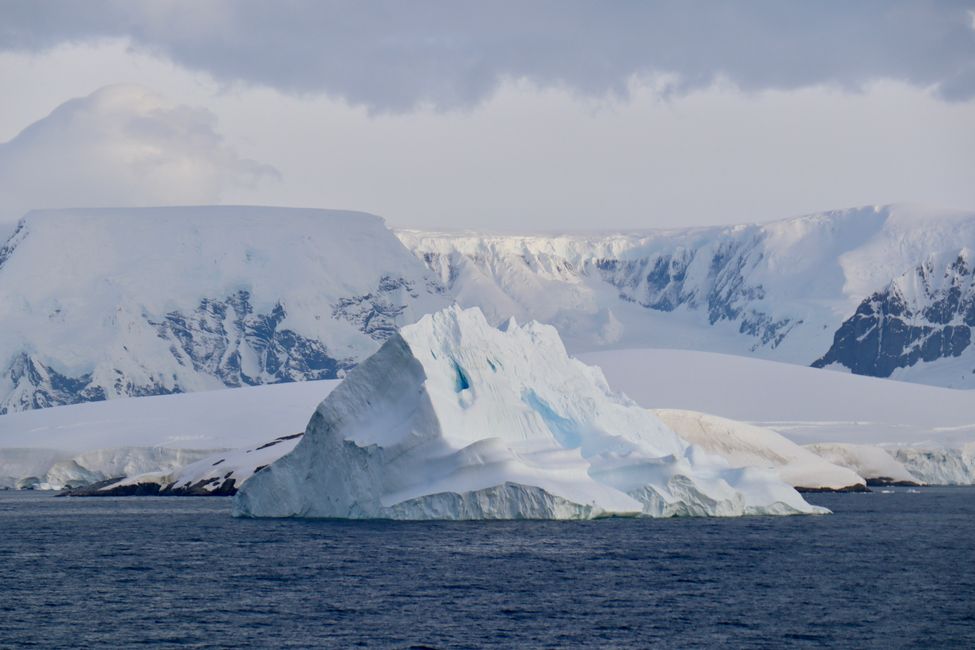
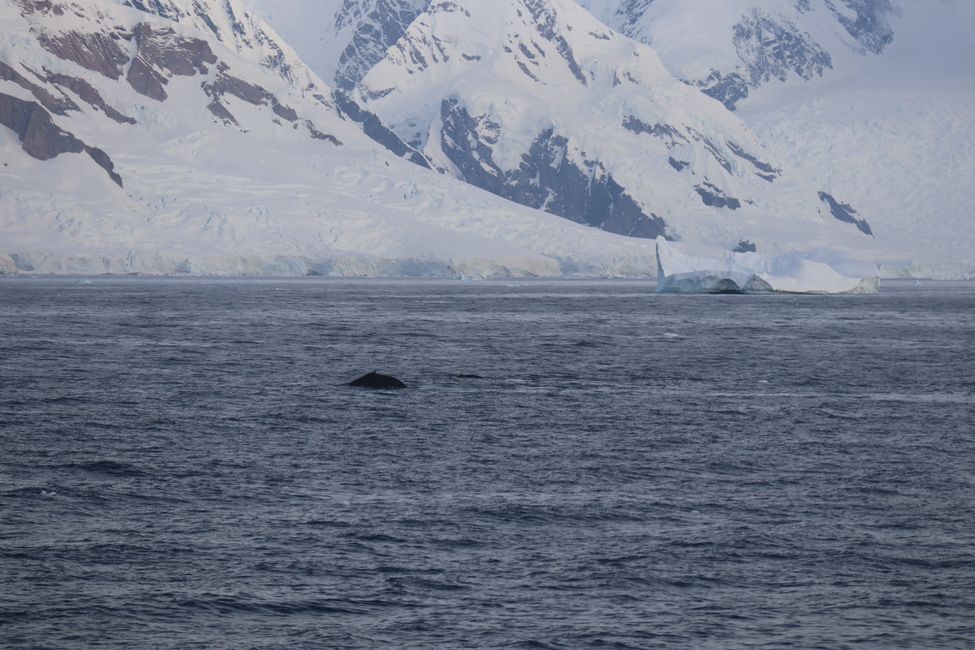
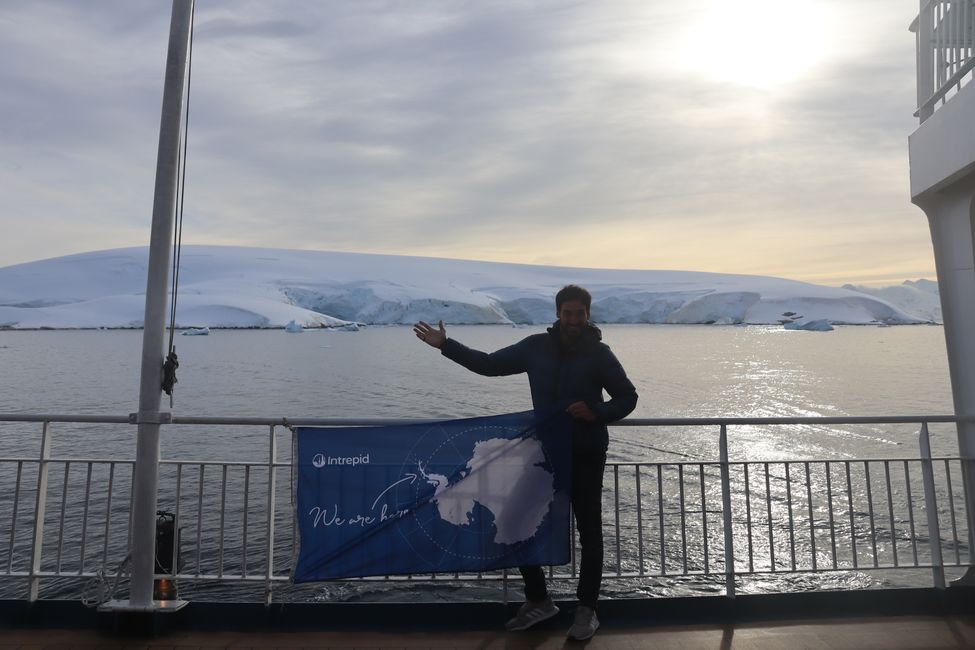
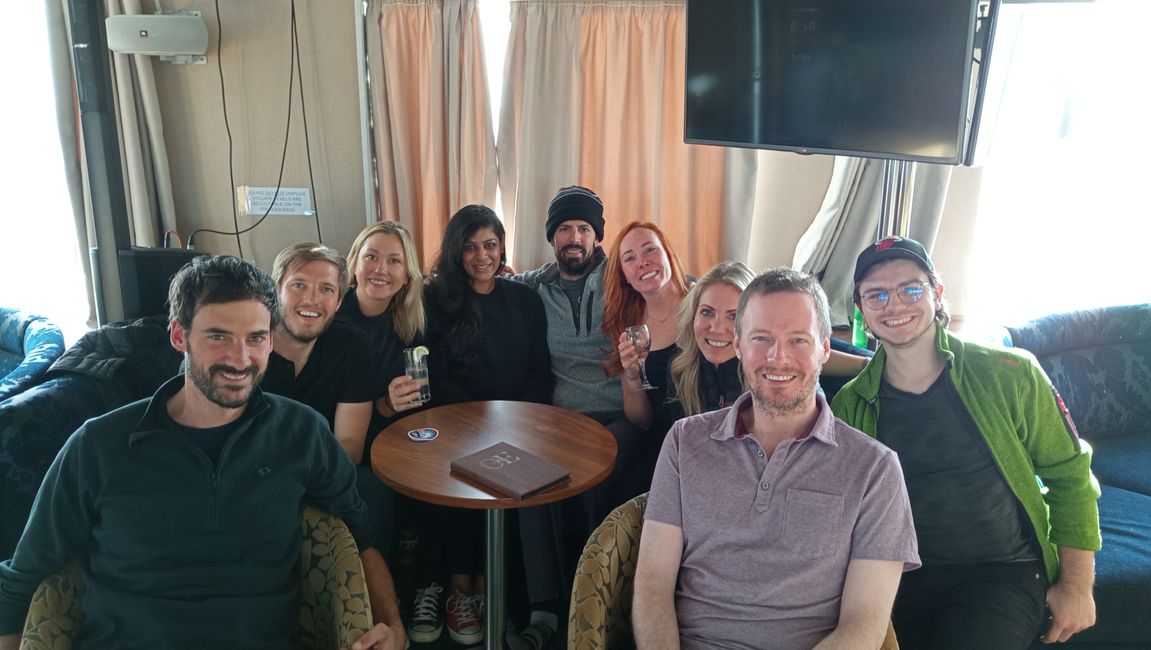
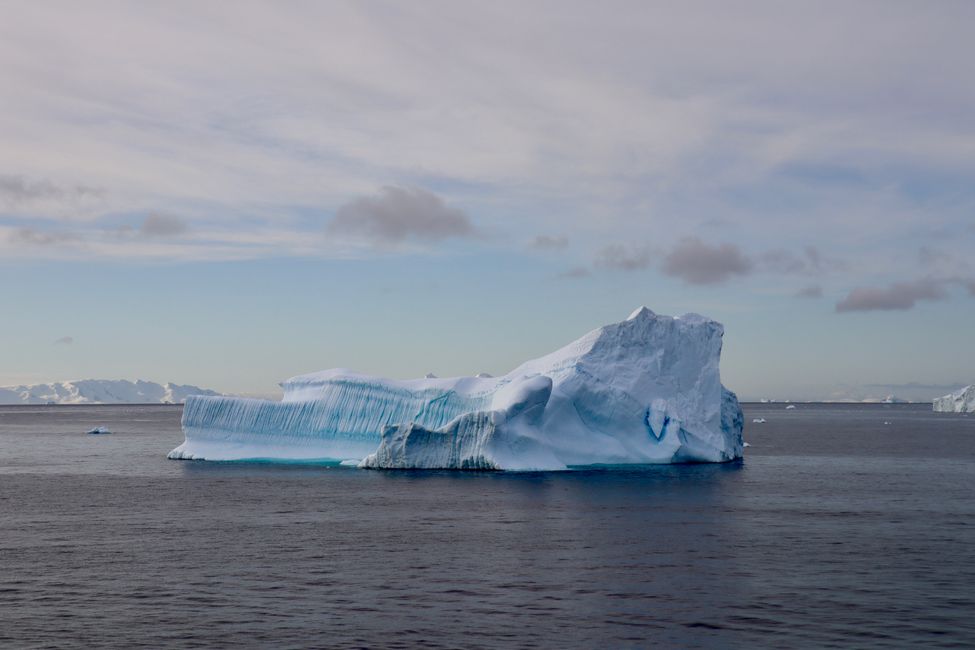
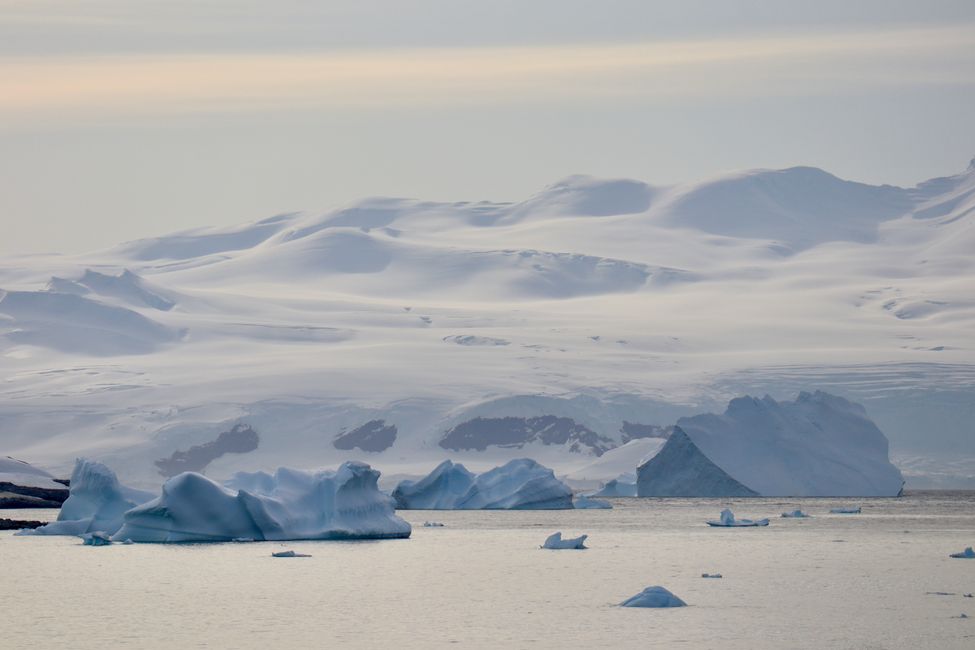
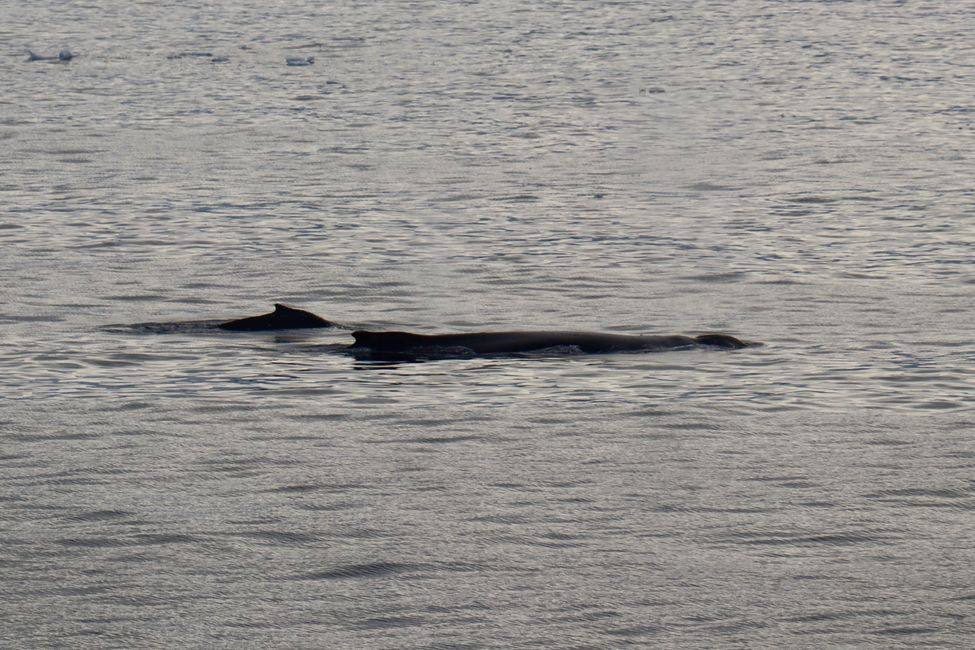
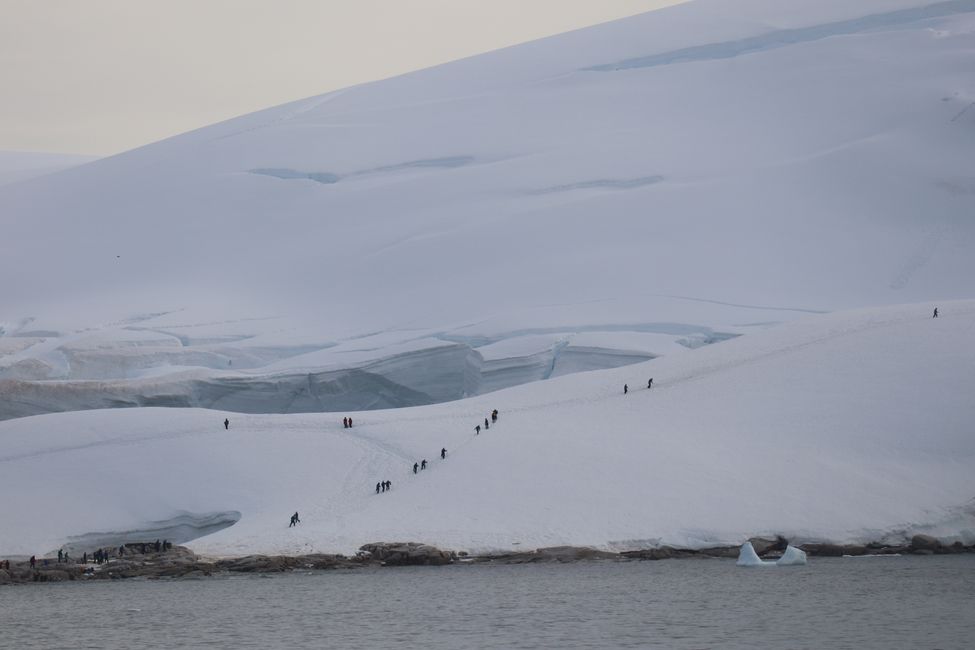
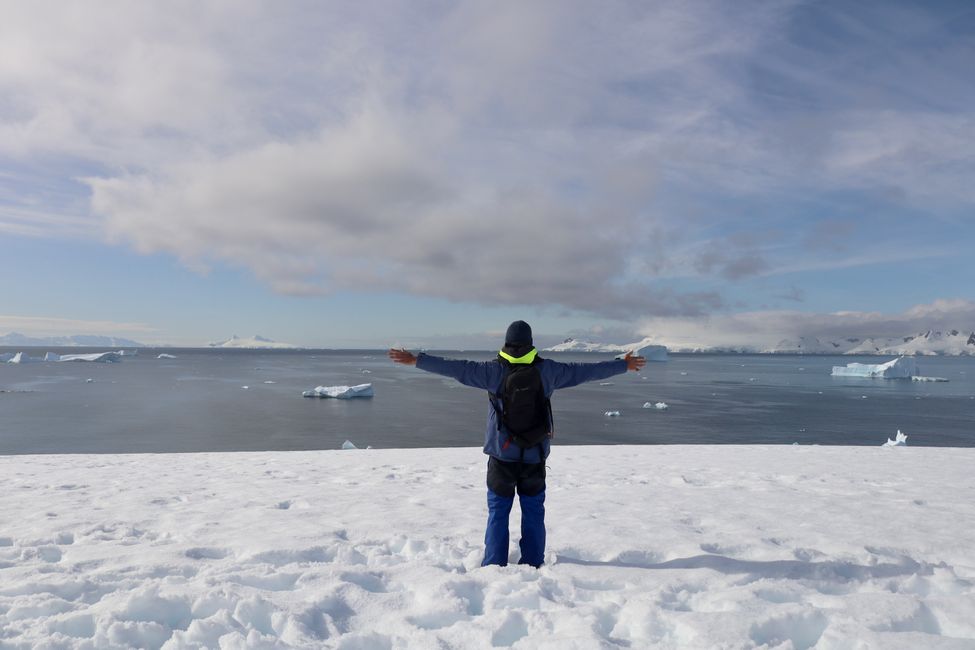
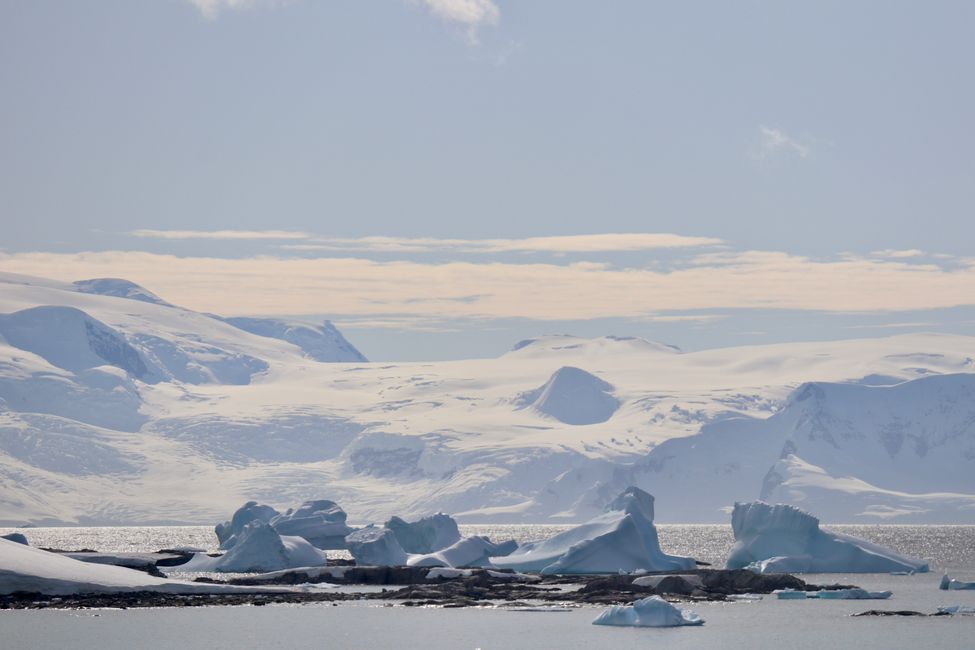
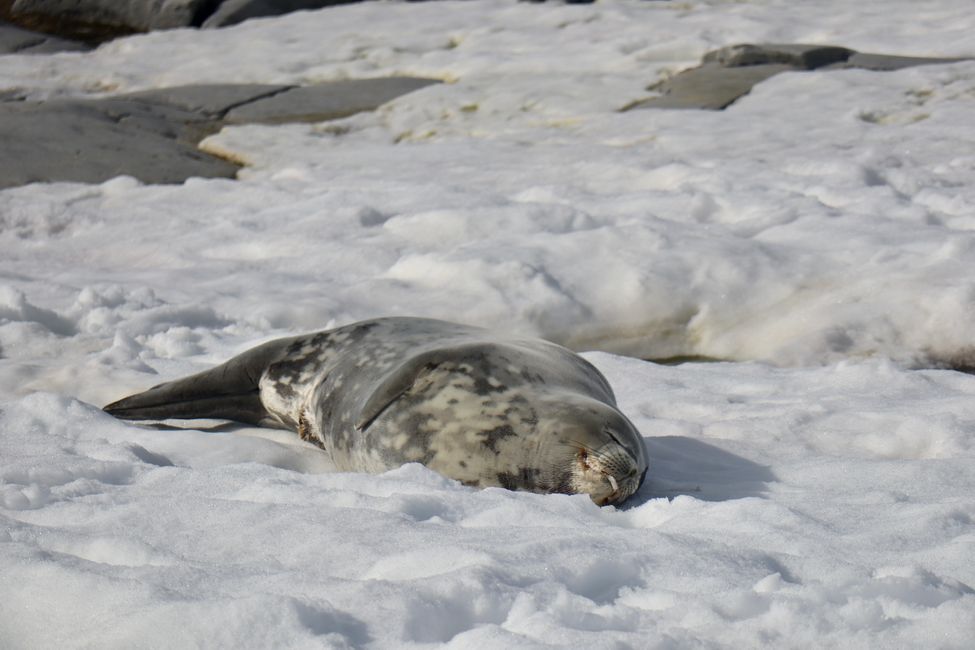
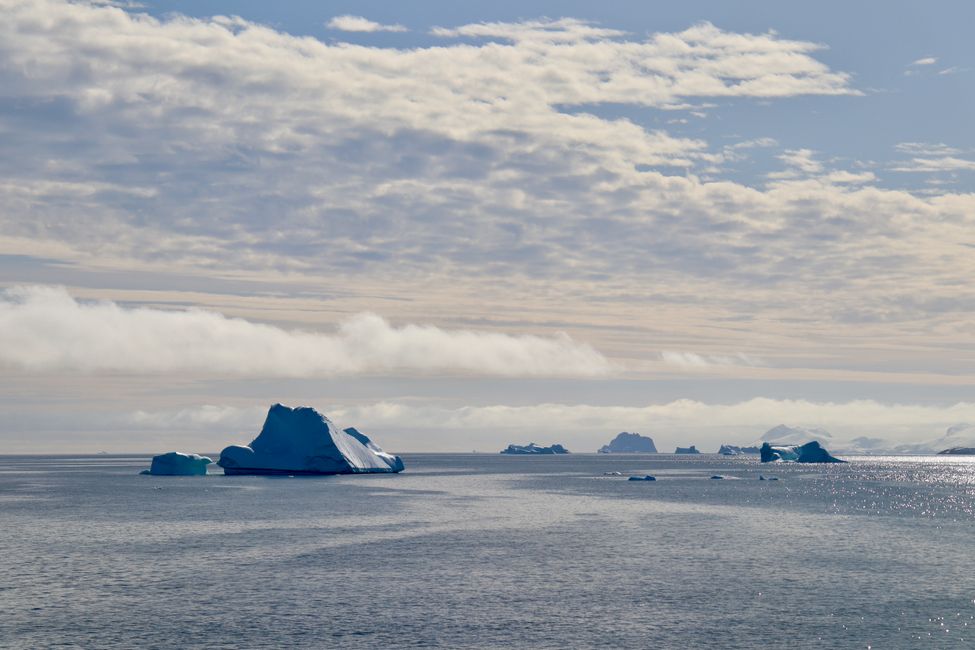
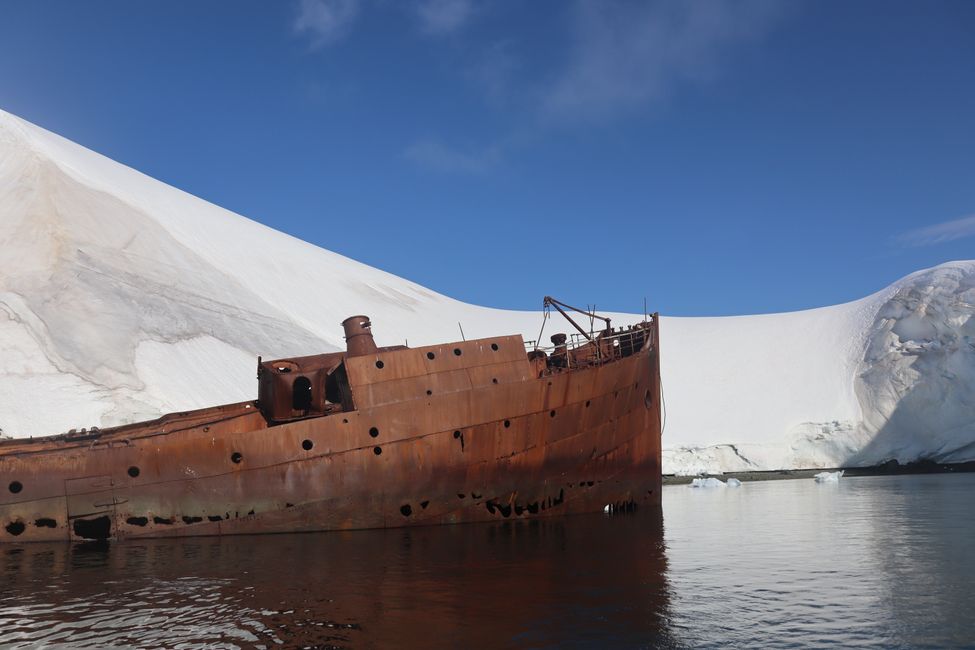
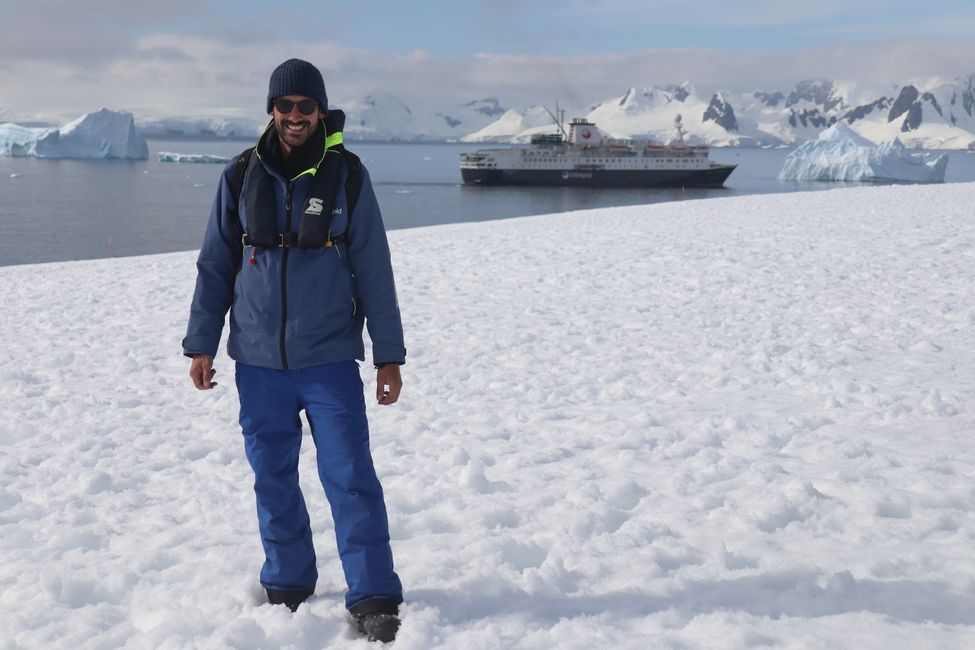
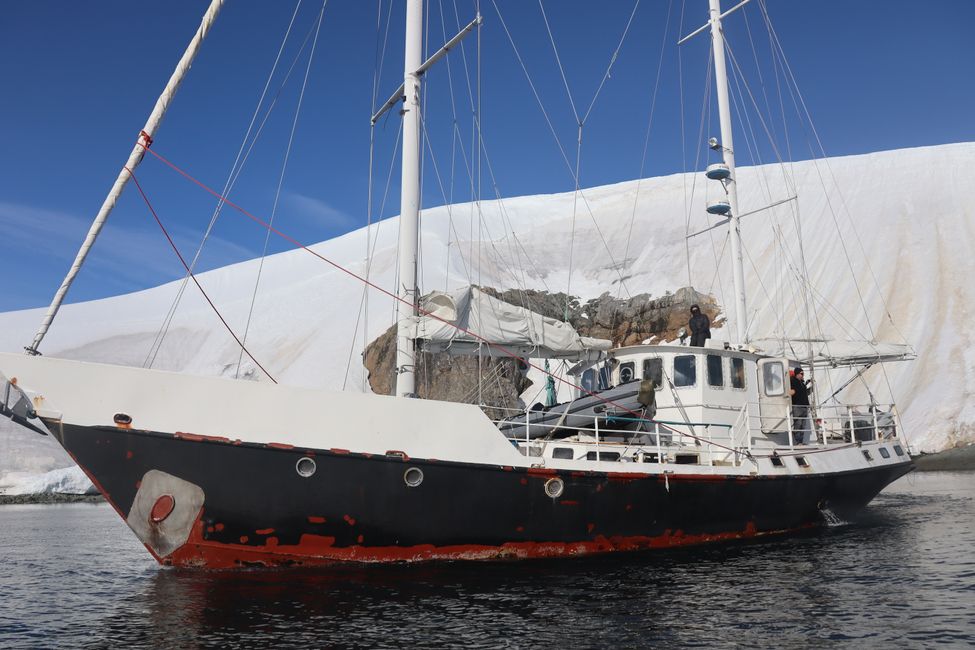
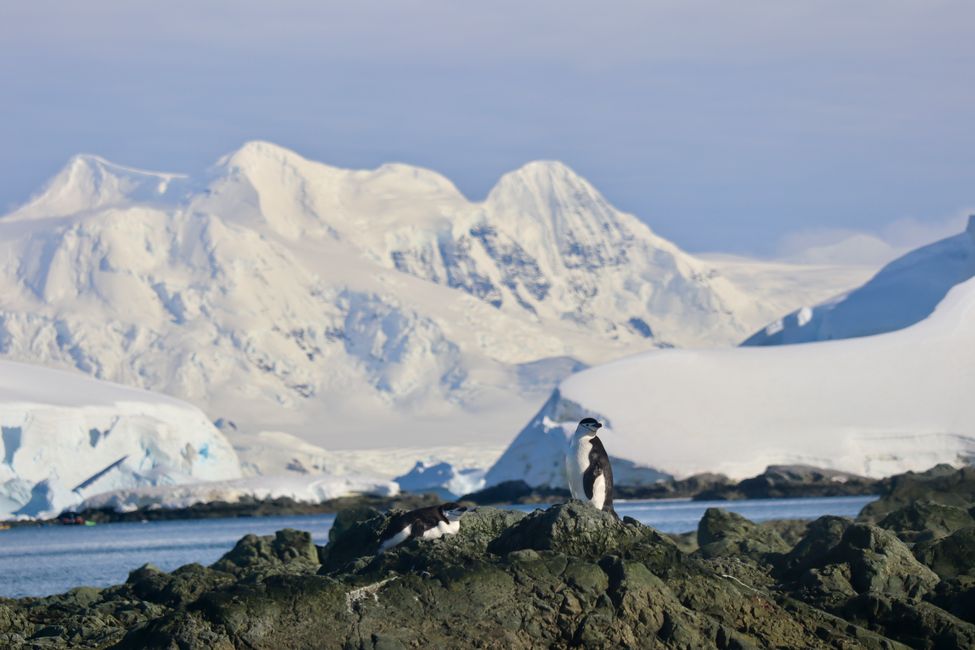
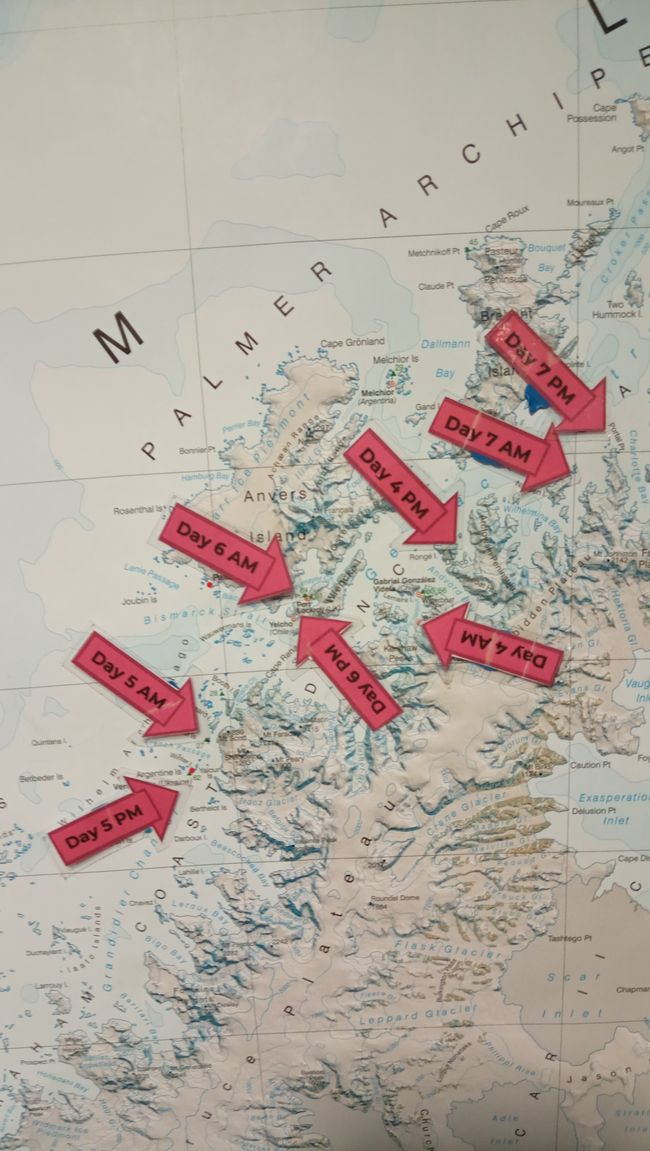
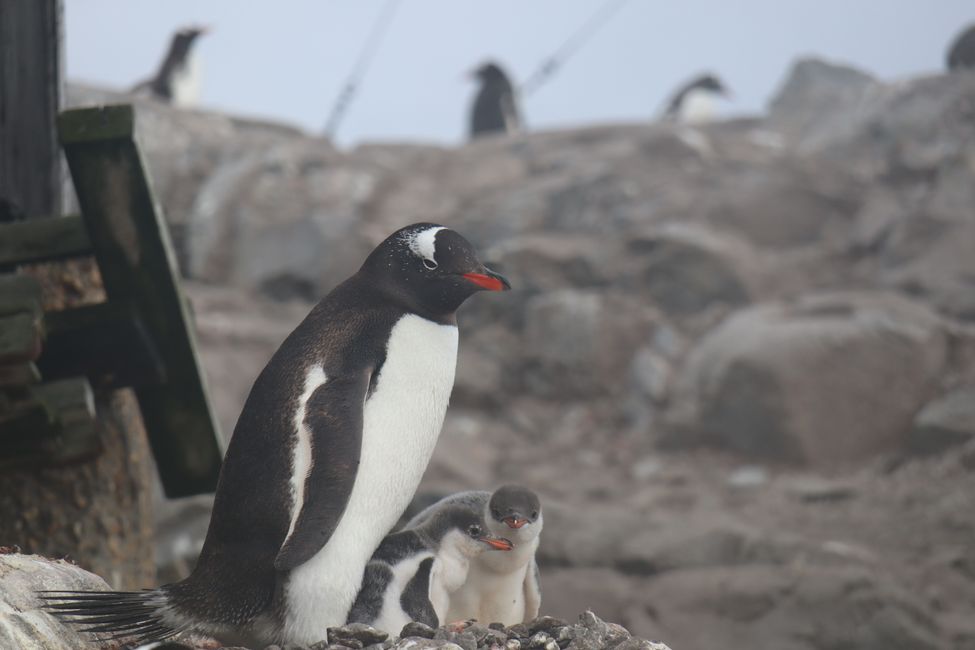
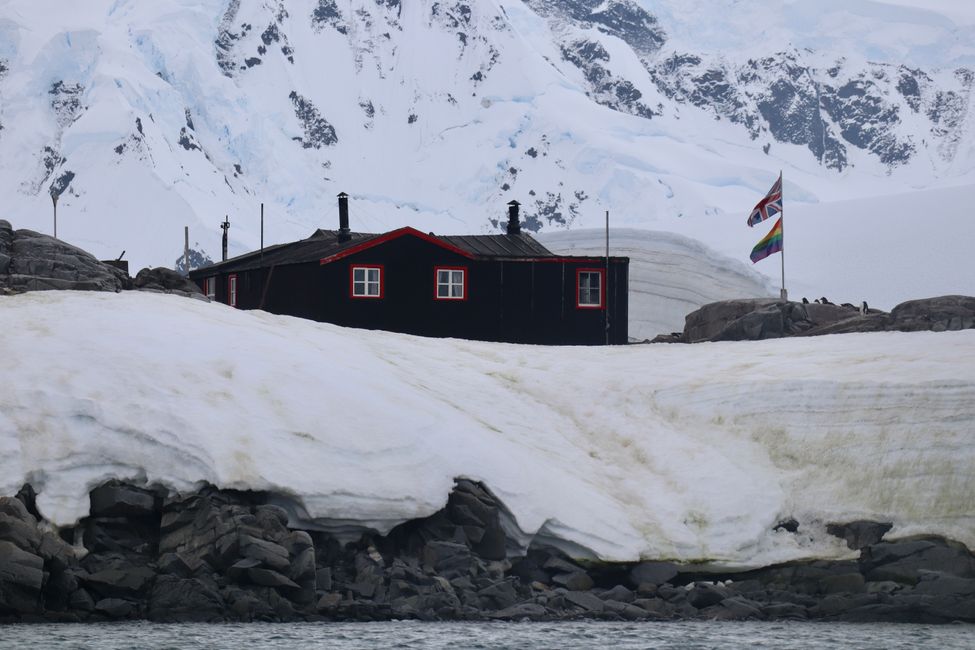
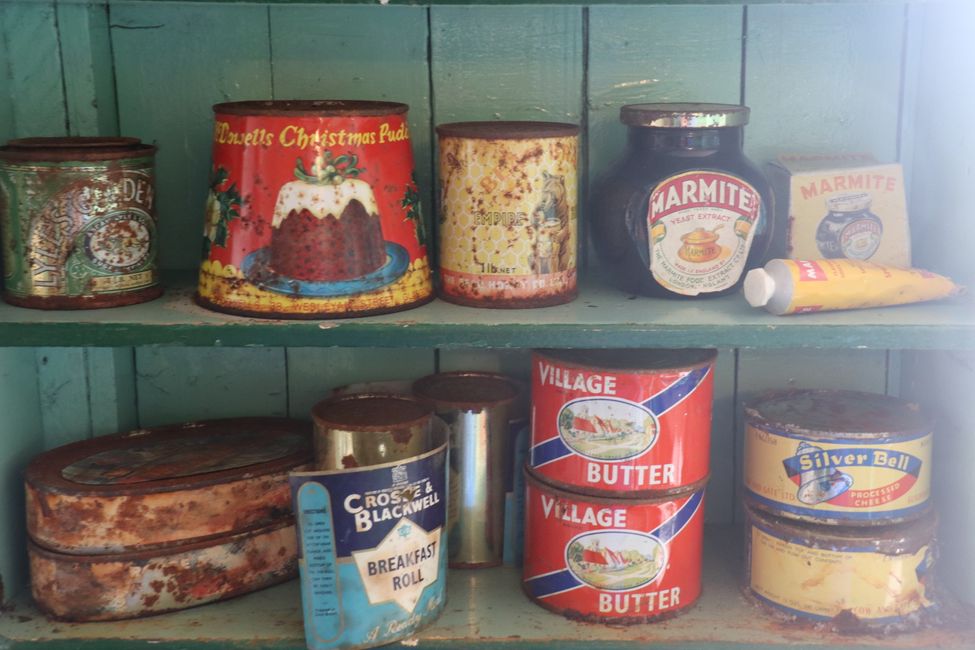
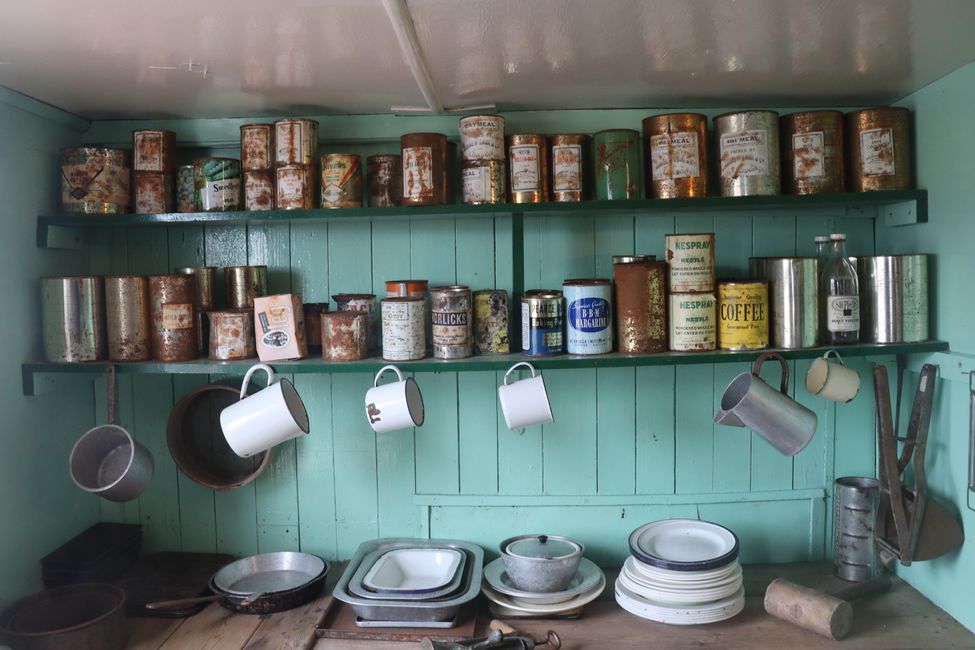
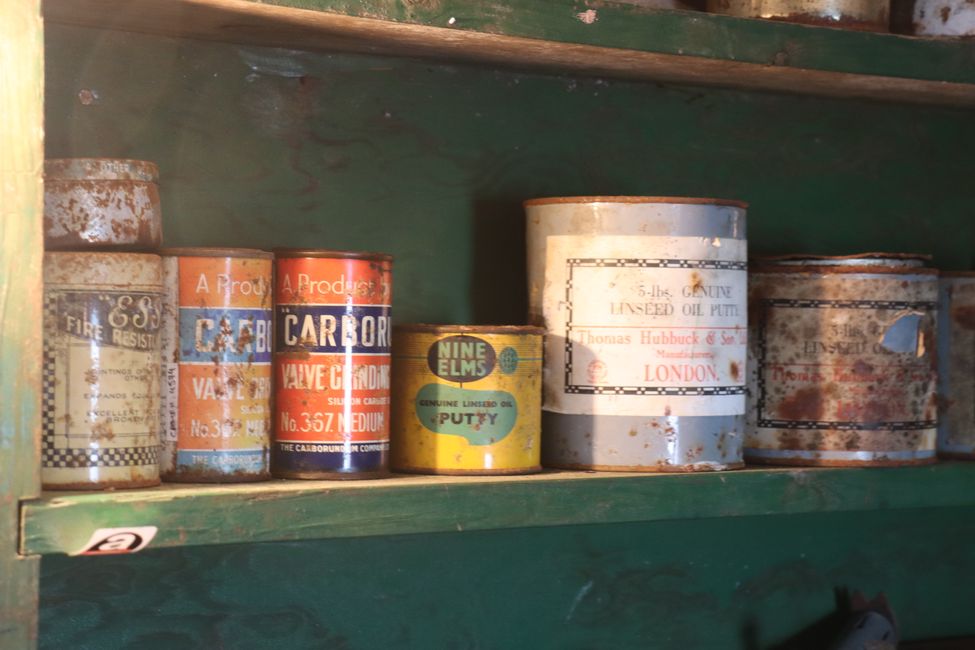
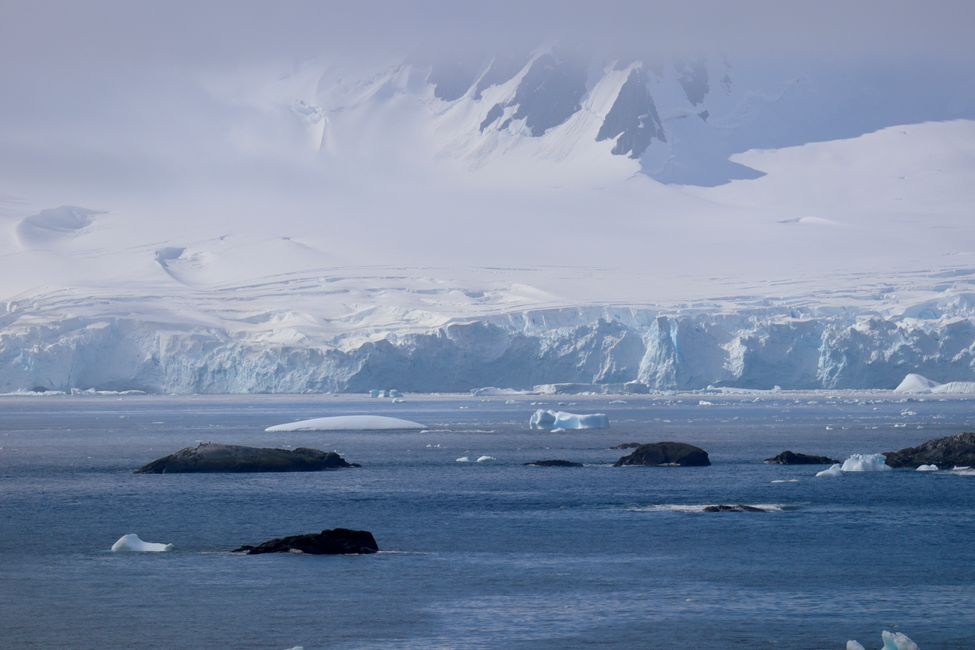
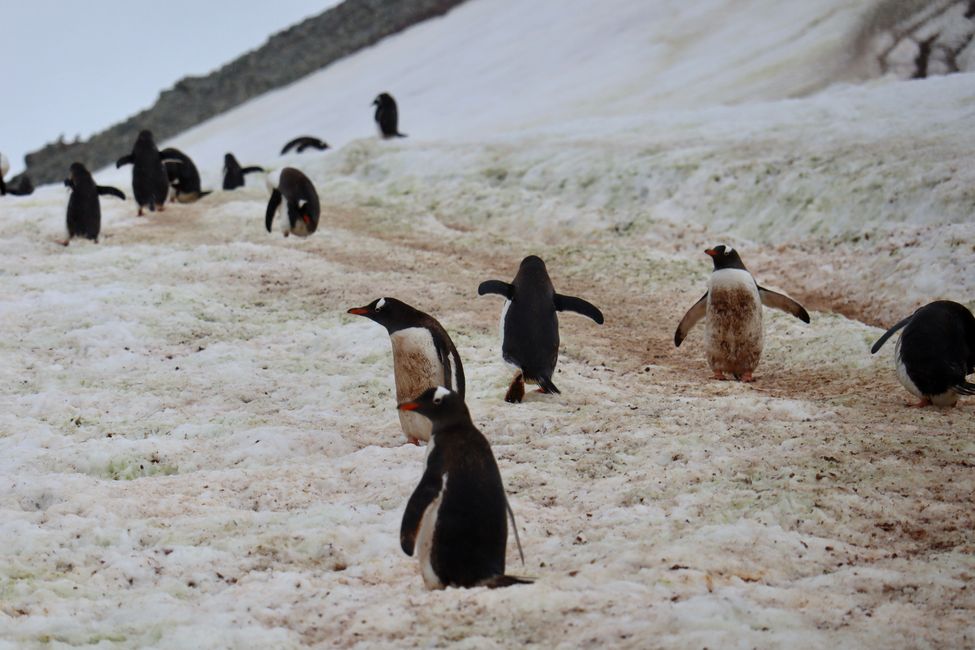
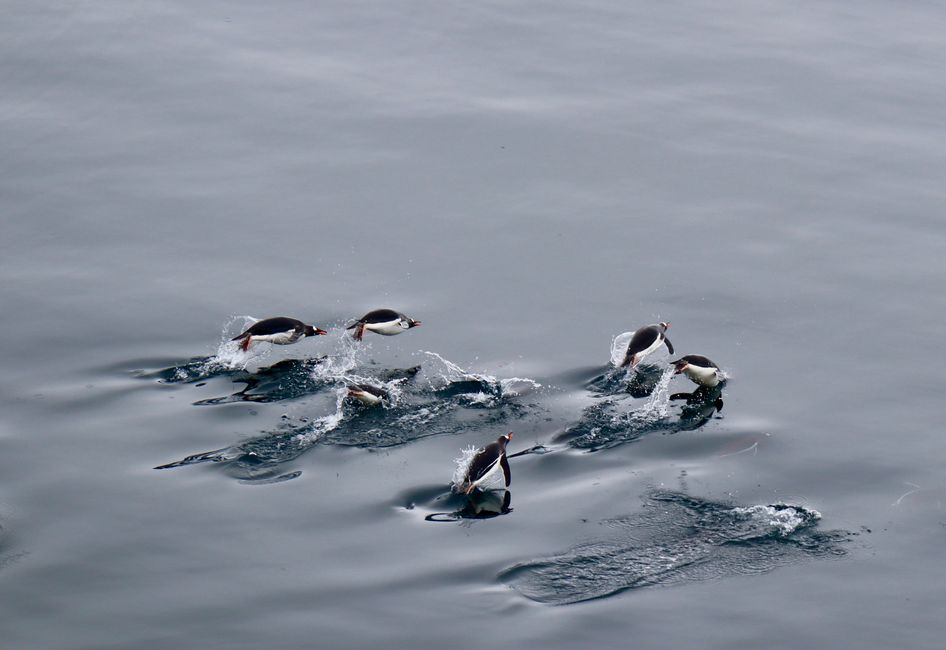
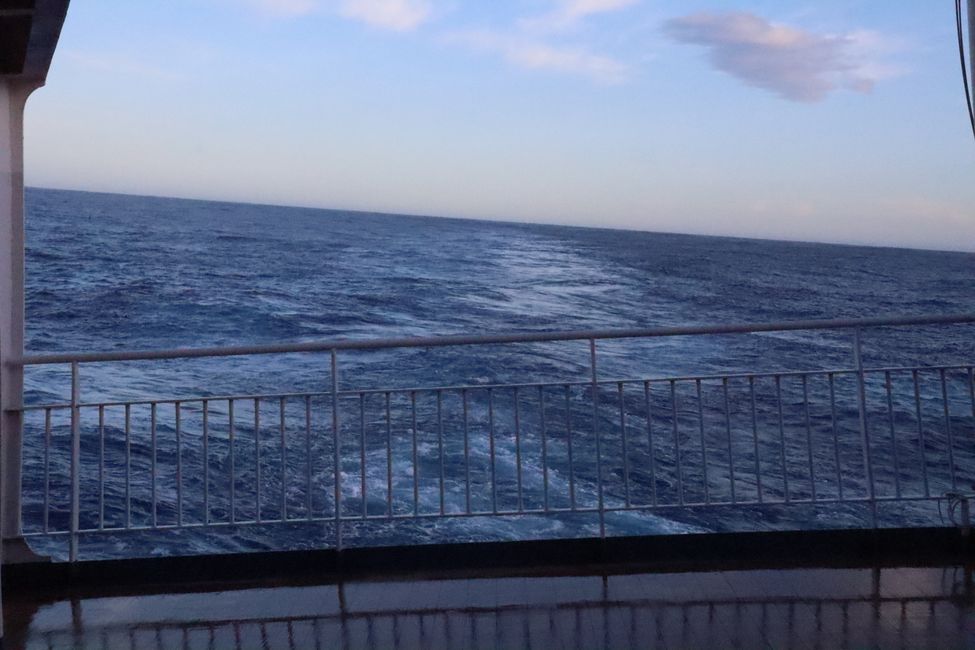
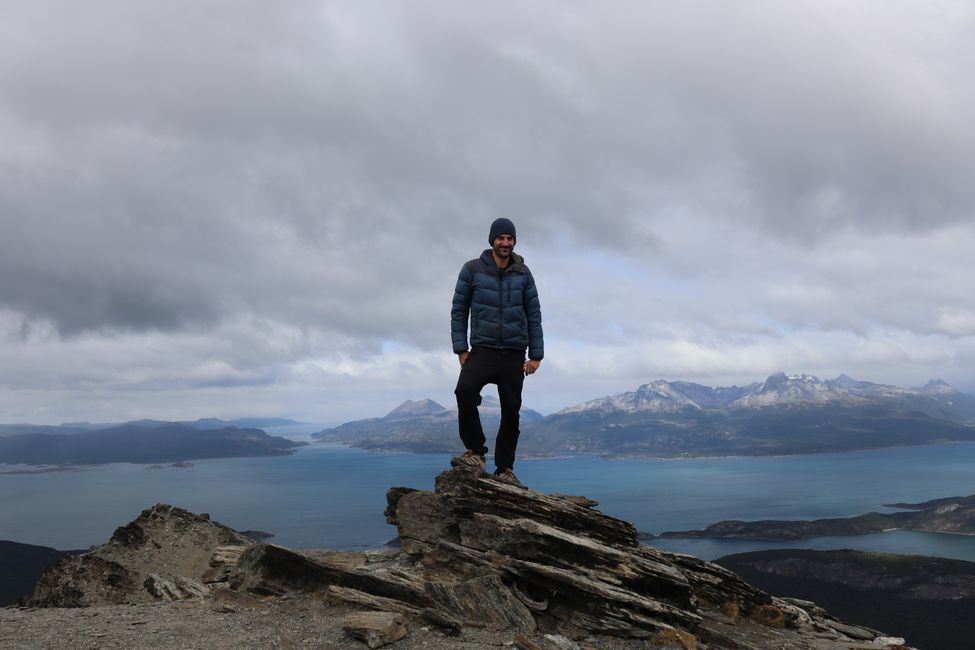
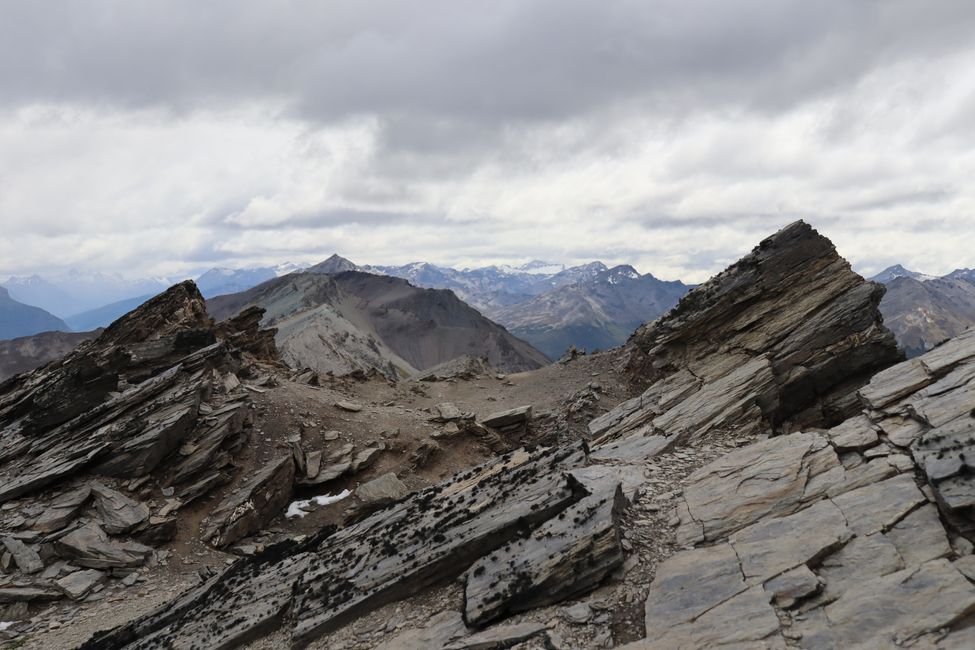
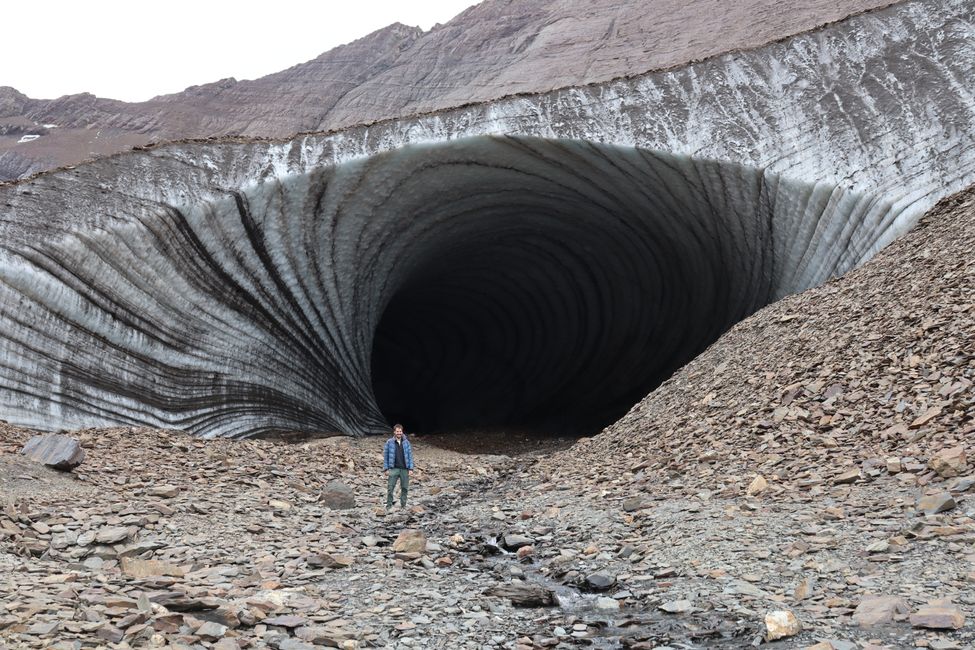
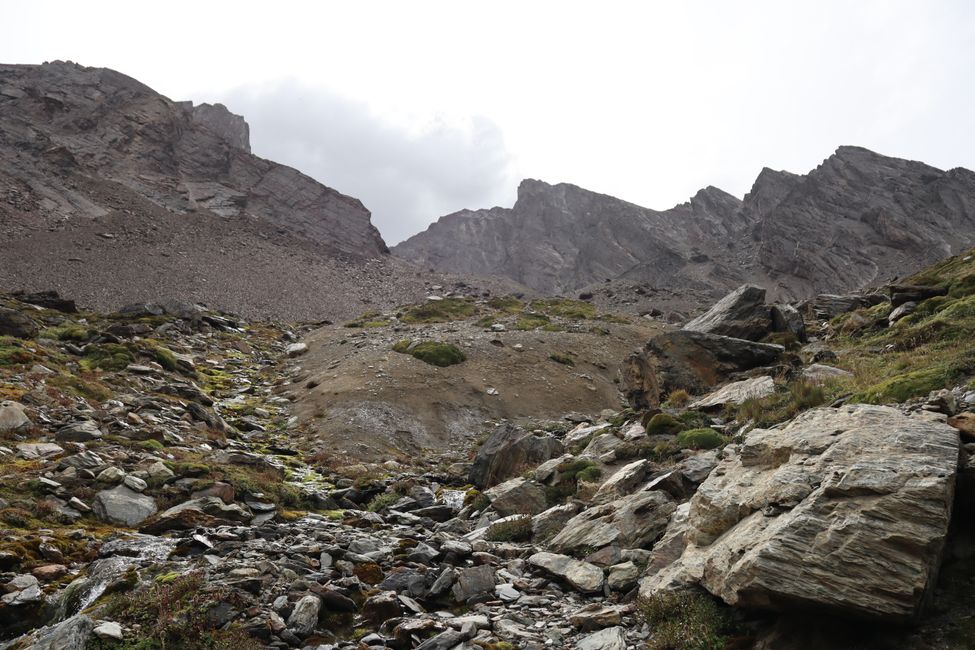
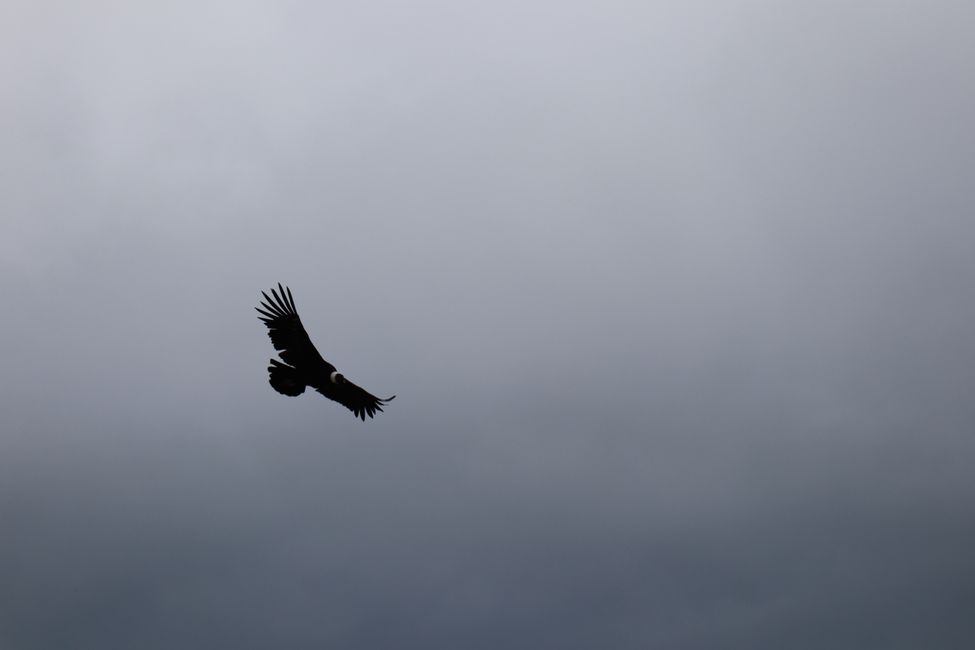
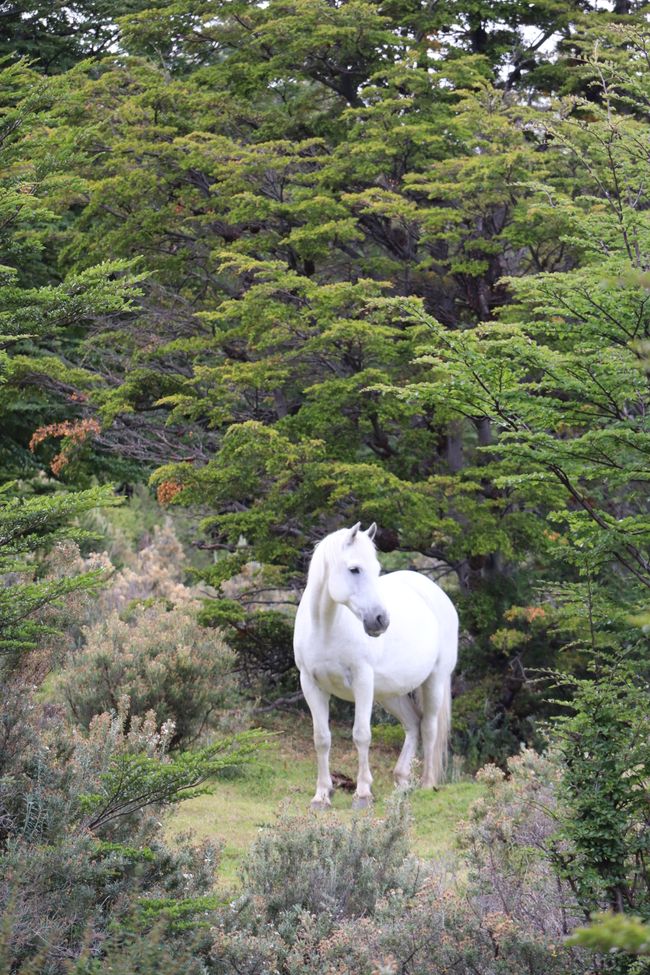
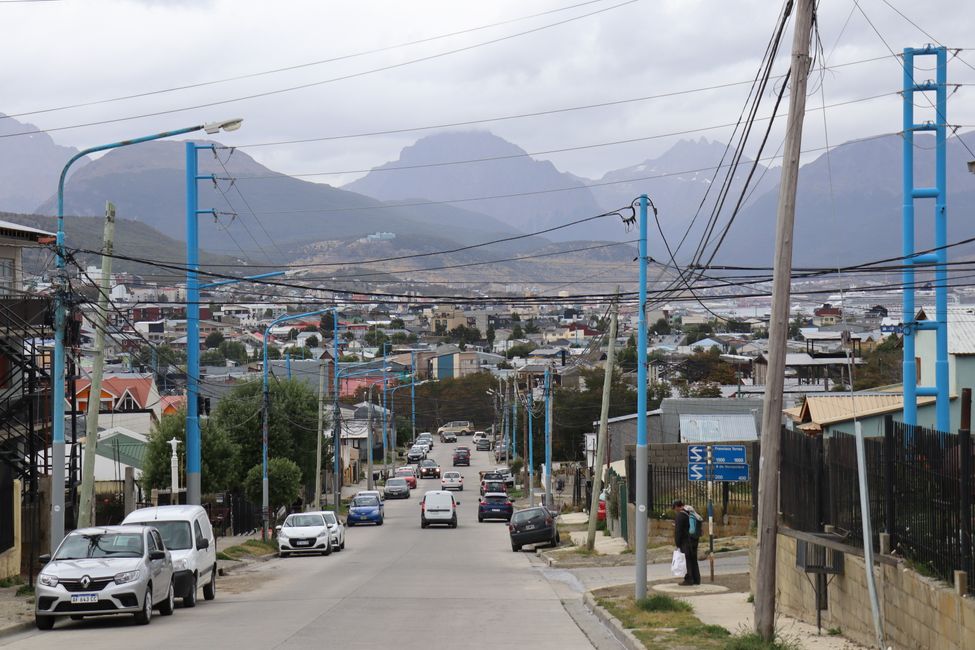
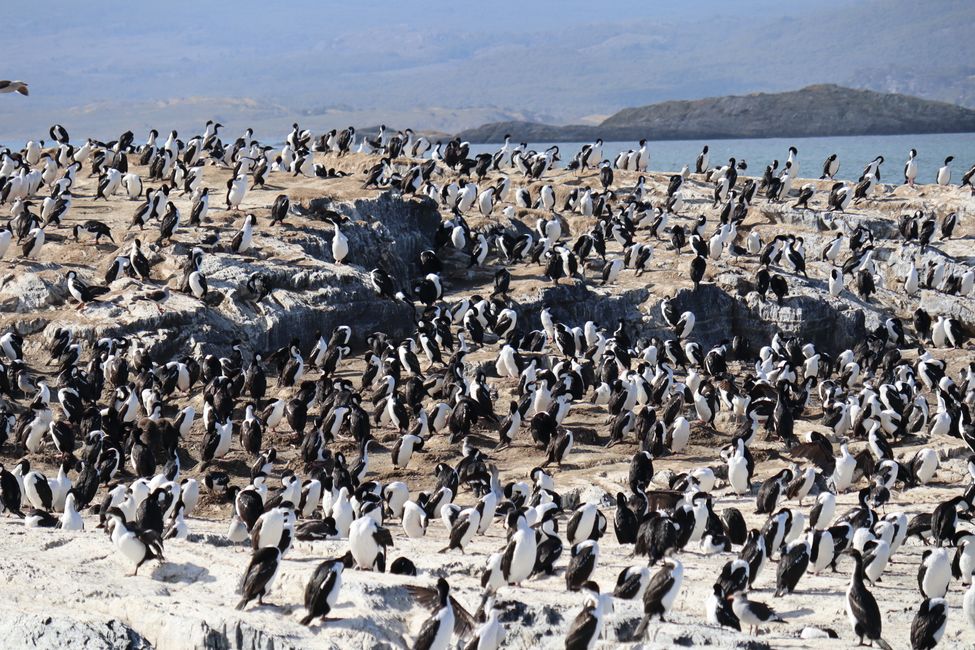
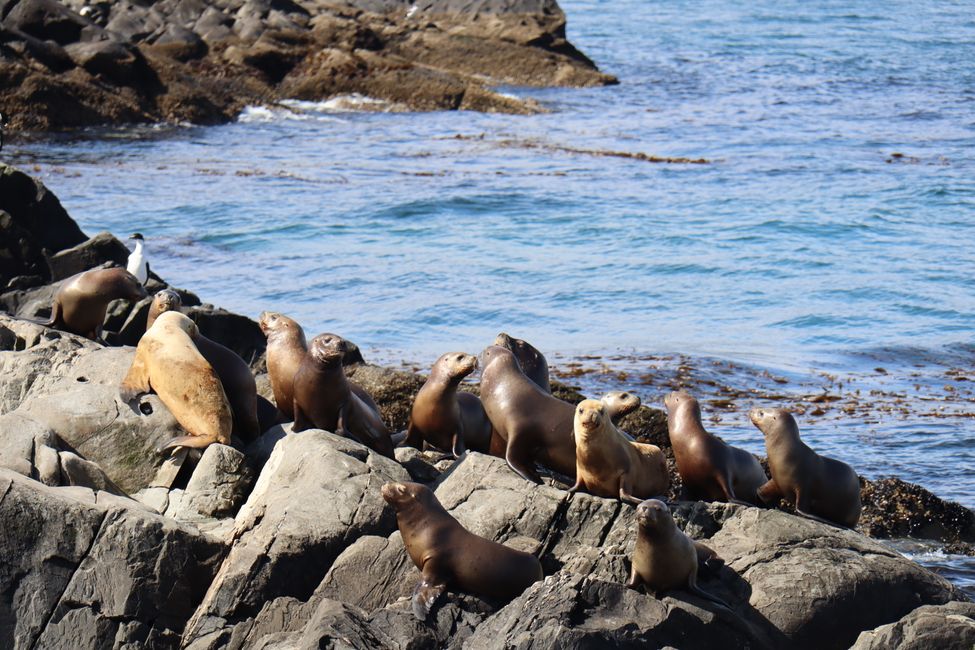
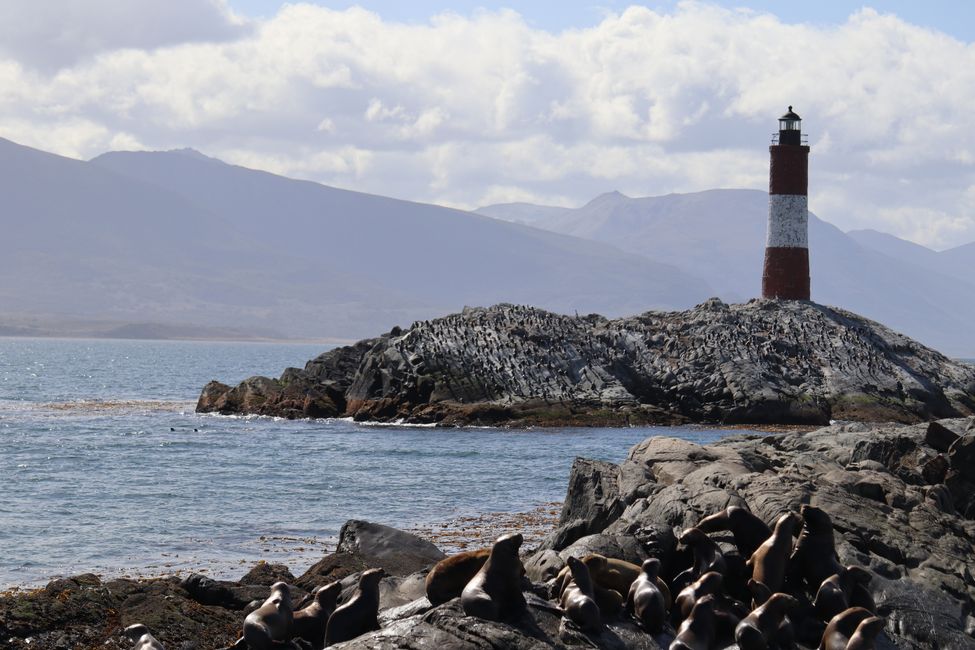
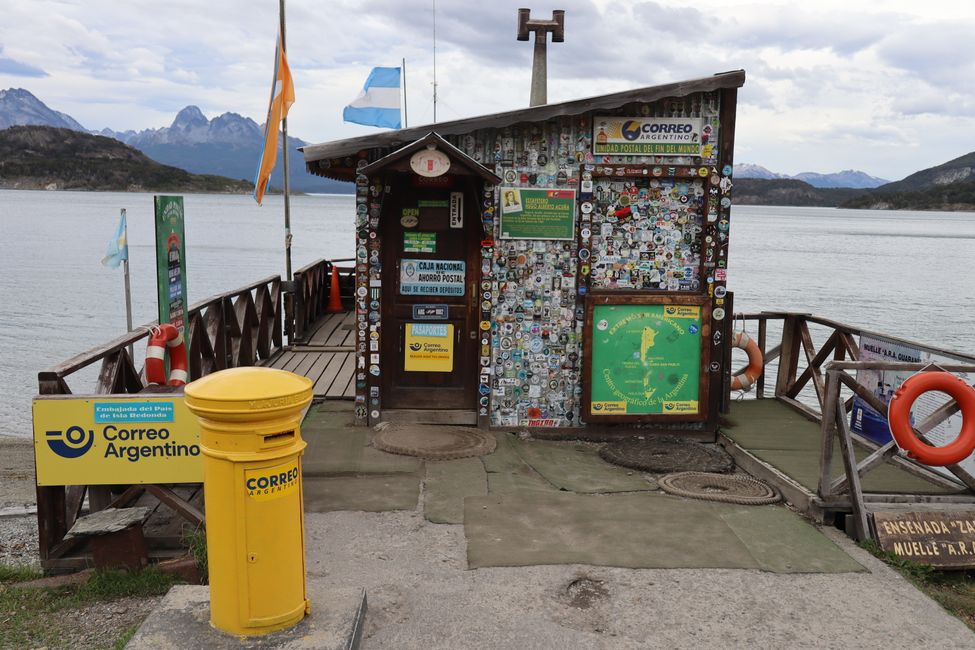
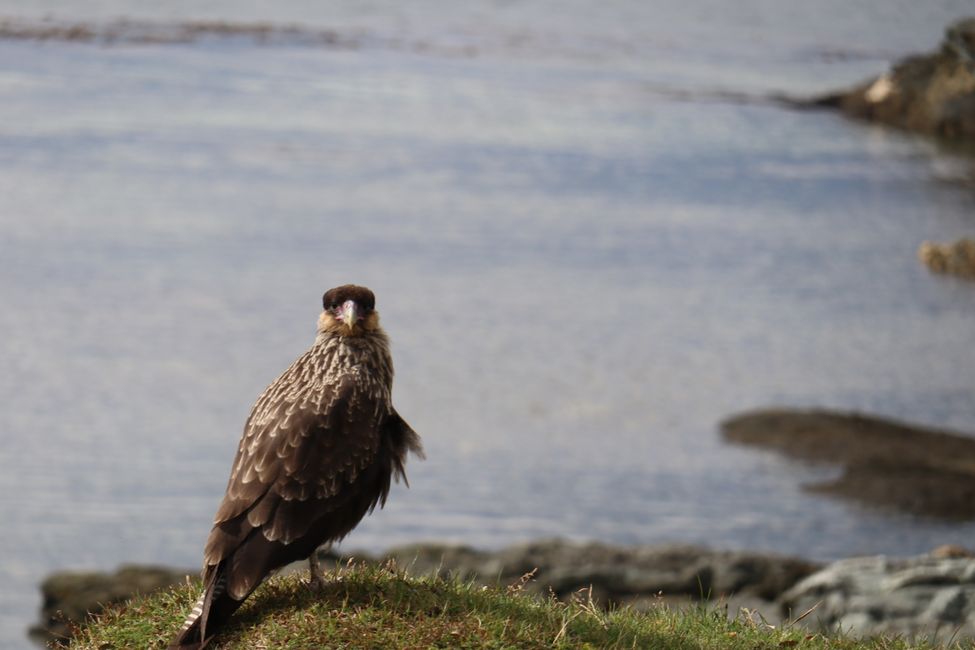
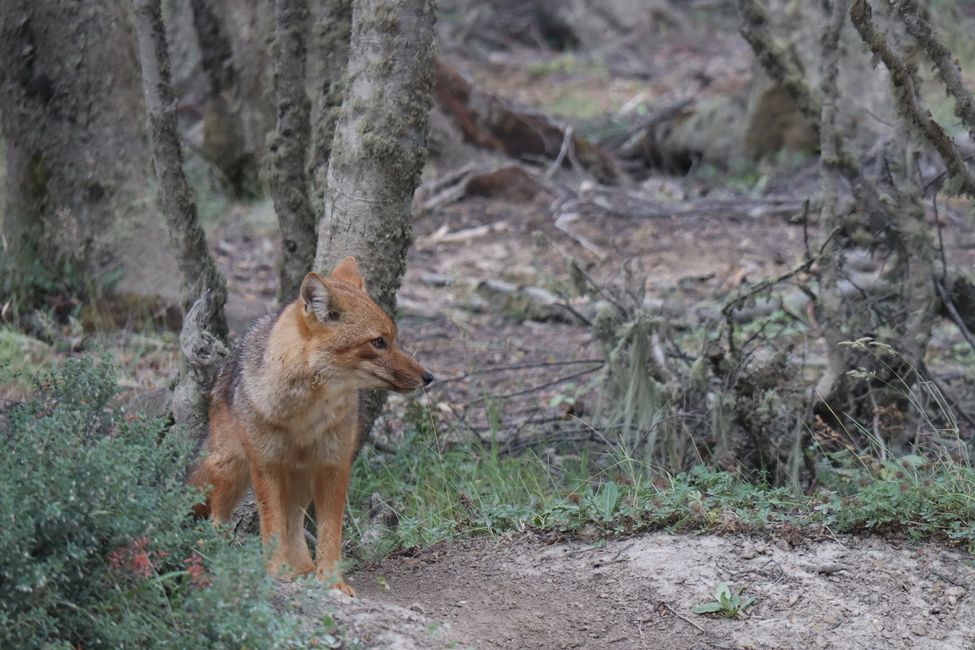
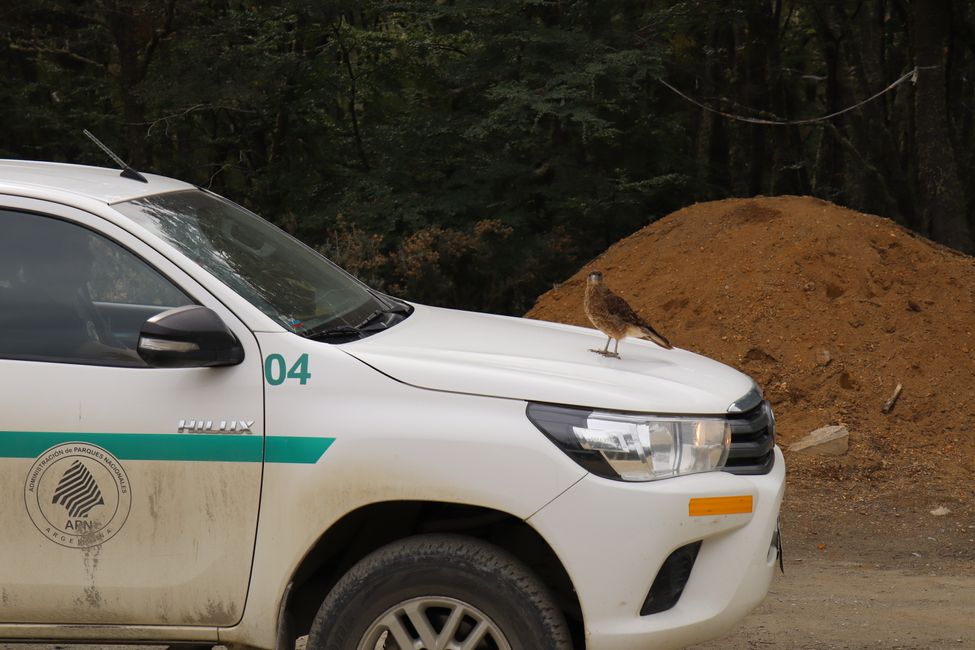
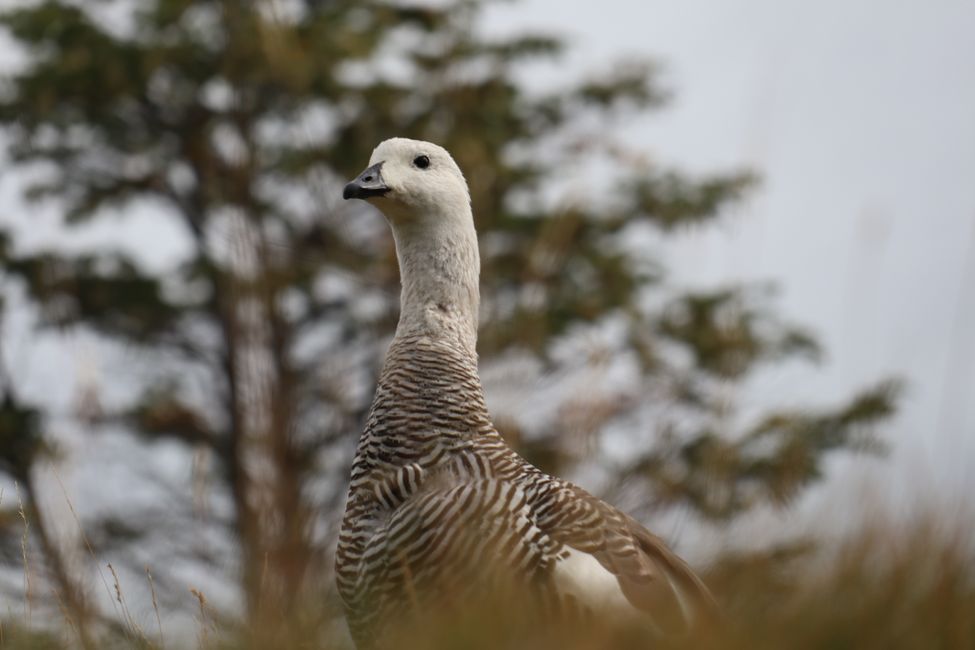
สมัครรับจดหมายข่าว
The journey to Antarctica (09.02-18.02)
The thing with Chile turned out to be an obvious lie.... A lie with serious consequences, as I soon found out after my return from Antarctica. The fact that I didn't tell anyone about my adventurous trip to Antarctica (it was supposed to be a surprise..) and then suddenly couldn't be reached for more than 10 days (supposedly traveling in Chile) caused great concern and led to overwhelming activism. Family and friends (understandably) assumed that something might have happened to me (= phone theft, kidnapping, accident, death), which led them to involve the police and Interpol (!!!) and spend sleepless nights because of me. I have already personally apologized to the affected people (aka CSI Bern), but I will say it again: I'M SORRY, IT WON'T HAPPEN AGAIN, I PROMISE!!! But the cool thing about not being dead (or rather about resurrection #Jesus) is that I can now quickly report on how I came up with the crazy idea of traveling to Antarctica.... And yes, of course, I will tell you about the expedition too.
Maybe you can still remember how I bad-mouthed the zombie ghost town of Neuquén... In retrospect, the stay there had something positive about it. As luck would have it, I met a traveler in the hostel who enthusiastically told me about her travel plans to Antarctica. It had always been a dream of hers to go to Antarctica and now she was just about to fulfill that wish. I was honestly confused at first and thought she was trying to fool me. Until now, I had always assumed that only a few highly motivated polar researchers (and possibly some crazy rich people) had the opportunity to travel there. But no, far from it, regular (more or less long and expensive) trips for mortals are actually offered, ranging from primitive sailing ships to oversized cruise ships (which in my opinion should not be allowed in Antarctica at all). The inception was successful, the seed of curiosity was deeply planted in me. The idea of traveling to Antarctica just wouldn't let go of me anymore. In my imagination, I could already see myself sailing there on a ship :) But still, at first I was torn. Should I really do it? It's a little bit crazy/absurd, but isn't that exactly what I was looking for on my journey? Yes or no? In the end, curiosity and a thirst for adventure won, and I just thought, "fuck, let's do it", it's such a "once-in-a-lifetime" story (sorry for the anglicisms, I think it's because I've mainly been speaking English for months ;))!! I'm sure you're thinking now that I must have paid a fortune for it. Well, that's always a matter of perspective, and the prices can indeed reach astronomical proportions (15-25 thousand USD or even more) depending on your luxury demands and the duration of the trip. I paid 4,400 USD for the trip (around 5 days round trip, and 4 days on the Antarctic Peninsula) which is by no means cheap, considering all the unforgettable experiences, but still somewhat reasonable. Just as a side note: It was a "special offer" or a "deal" that I booked with the agency "Freestyle Adventure Travel" (there are many other providers, but this one was recommended to me and the whole crew did an excellent job!!) If there are actually a few crazy copycats among the readers, you can check out the offers on the following website: https://freestyleadventuretravel.com/ Well, that's the whole story in a nutshell... :)
Day 1
Oh, how I was looking forward to this day (not least because I had spent the previous days more or less motionless in the hostel [you remember the nasty cold and all...] and now I was finally feeling better). Never in my life did I think I would go on an expedition to Antarctica. But now it was finally time!! Full of anticipation, I waited at the port of Ushuaia and was ready to embark on my biggest adventure yet :):). After a friendly welcome (including a tourist group photo ;)) and a small welcome gift, I had/must first make acquaintance with fellow passengers (...you can't really avoid it, after all, you have to spend the next 10 days with these people). Afterwards, we were taken by ferry to the main ship that was anchored nearby. For all nautical and maritime nerds: The ship, the "Ocean Endeavour" (in operation since 1981 and renamed and renovated several times, sailing under the name "Ocean Endeavour" since 2014), is a kind of mini-cruise/expedition ship with room for 199 passengers and a crew of about 120 (see also https://www.intrepidtravel.com/en/boats-ships/ocean-endeavour). By the way, the crew was something else. Besides a small army of highly experienced scientists (including marine biologists, ornithologists, geologists, historians...), the crew consisted more or less of adventurers, globetrotters, and adrenaline junkies (I think of the kayak guides, but also of the expedition photographers who have already worked for National Geographic), with sometimes very exciting biographies. Getting on board was already an extraordinary experience for me, because I had never been on a cruise/expedition ship before. While walking through the different ship corridors, one is greeted by the whole crew one by one, gets a temperature check, and is escorted to their cabin. Everything seems to be orchestrated down to the smallest detail. Contrary to my expectations, the room or cabin is much more comfortable than I imagined. By the way, I shared the cabin with a Welshman whose English I could only decipher somewhat thanks to persistent questioning. (something like Brad Pitt alias Mickey O'Neil in Snatch). While exploring the ship's premises, I quickly came across the Nautilus Lodge (quasi THE main meeting point of the ship, where all important info and entertainment events took place), where I was handed a welcome drink (I doubt that John Davis was traveling in similar luxury when he became the first person to reach the South Pole in 1821, in order to hunt seals ;)). Somehow the whole procedure reminded me of the opening sequence of Titanic (by the way, during the whole ship journey, I occasionally thought of this movie...:) hmm icebergs, similar-looking ships, somehow makes sense...:)). The crew members were all super sympathetic, competent, and helpful. This, combined with the anticipation of seeing Antarctica, made me so happy in that moment that I couldn't help but smile.:):)
We were first informed about the crew and the upcoming expedition, and it quickly became clear that many things are difficult to plan in Antarctica (especially due to rapidly changing weather conditions), which has led to the cancellation/termination of numerous day trips in the past. There were a total of 8 excursions planned for the 4 days in Antarctica (two each in the morning and afternoon, in which you go out in a zodiac boat (or kayak, which would have cost extra) but also have the opportunity to explore part of the offshore islands and ultimately Antarctica itself on foot. With this expedition, you only visit the northern part of the Antarctic Peninsula. With 13.5 million km2, Antarctica (the continent itself is actually called Antarctica) is about one and a half times the size of Europe, which is why exploring southern regions would take several weeks. Since we're talking about facts about Antarctica: About 98% of Antarctica is covered by the Antarctic ice sheet, which is on average 2.3 km thick (up to 4.8 km in some areas) and contains about 70% of the world's freshwater reserves (tendency decreasing :(( ). The average temperature is nearly -50 degrees Celsius. And last but not least: There are actually active volcanoes (e.g. Mount Erebus) in Antarctica!!!.
Well, back to the expedition....:). In one of the briefings, we were informed that we were now officially in Antarctic waters (i.e. in the Southern Ocean). Although the waves had calmed down a bit by now, I still felt bad. The program for the day included various information blocks. For example, we learned that in 1959, rules for the peaceful use and research of the ice cap were established in the Antarctic Treaty. Since then, Antarctica has been considered the largest nature reserve on the planet (Thanks, Wiki :)) How important and worthy of protection the last discovered continent (and its fauna) is was repeated many times during the expedition. Well, that sounds nice and all. If only the rest of the world treated nature with the same respect, we wouldn't be struggling with our global (environmental) problems today.... The passion with which the various researchers talked about their work and experiences in Antarctica (fauna, geology, history) was really contagious and increased the anticipation of what was to come tenfold!! At midnight, we could see the outlines of (ice)bergs on the horizon for the first time.
Day 4
I was already awake at 05:00 in the morning and quickly went to the deck to see what wonderful new landscape (we moved during the day and at night along the islands) awaited me this time. The impression of being in a different world continued (especially since the weather conditions were great, which is anything but self-evident in Antarctica). In the morning, we went on another excursion to a penguin island. Being able to watch the animals in their natural habitat is truly an extraordinary experience. Before we were allowed back on the ship, we were introduced to biosecurity for the first time. In the days before, we had been repeatedly told that when entering or leaving the mainland, the highest hygiene rules had to be observed, because we wanted to prevent the currently rampant bird flu from jumping to humans. Well, because the cute little animals have to do their business somewhere (which really stank tremendously :)), we more or less permanently moved through penguin shit during the land excursions. Biosecurity therefore meant that we had to scrub the penguin feces off our shoes and pants before we were allowed back on the Endeavour... tasty delicious:):). In the afternoon, we took a zodiac boat ride, where we saw some seals (or something... despite the presentations, I am still not able to distinguish the creatures :):)), a new species of penguin (aka chinstrap penguin), and wonderfully surreal iceberg formations. In the evening, whales again appeared around the ship, and I finally managed to take the first photo of a whale :):). By the way, in case you wondered why I didn't take pictures of the classic (big, colorful) penguins. These either live much further south on the mainland (emperor penguins=largest species) or frolic on other sub-Antarctic islands (king penguins=second largest species, looks exactly like the king penguin).
Day 6
In the morning, we took a boat trip to Damoy Point, a British research station where some researchers were currently working. Can you imagine that people sleep outside in tents there? We went on a mini-trekking to another penguin colony (yes, I know, penguins again...:):). In the afternoon, we went to Port Lockroy (natural harbor), where, in addition to research work, the southernmost post office in the world is located!! Part of the facilities has been converted into a museum, which impressively shows how the researchers used to live and work there. Living in almost complete seclusion for several months is not easy, I imagine. Psychologists sometimes like to take advantage of these situations to better study exactly this (i.e. the effects of prolonged isolation). During the debriefing in the evening, we learned that there had been a marriage proposal at Damoy Point. Well, it didn't seem like the worst time to me, especially since it was Valentine's Day :):).
Day 7
We were incredibly lucky with the weather again this day. We did two more day trips, with the latter one being worth mentioning. While up until now we had only been moving around on the islands off the coast of Antarctica (which are covered with a thick layer of ice in the winter months), with the excursion to Portal Point, we set foot on the actual mainland of Antarctica for the first time. The landscape was naturally phenomenal again, with all the icebergs and glacier formations (just see the pictures). In the evening, there was a spectacular sunset (including numerous whale sightings), which made the last day in Antarctica simply perfect!! Thank you so much, Antarctica, you were incredible and will be forever remembered by me!!! In the course of the evening, we approached the Drake Passage again, and unfortunately, all the rocking and rolling started all over again....
Days 8-10
The unpleasant feeling of the first few days unfortunately returned completely. I again suffered from headaches and dizziness and felt somehow strange. Maybe I'm immune to the pills and patches. In order to keep the non-seasick people entertained, there were various lectures again during the return journey, but I couldn't really take advantage of them due to my condition. There was also some entertainment program in the evenings. I preferred to go outside for some fresh air and distract myself as much as possible.
Back in Ushuaia
After I was fortunately able to dispel any doubts about my alleged disappearance or death, I was allowed to spend another two days/nights in Ushuaia, as there were (once again) no bus connections to Chile. Unfortunately, seasickness lasted for a few more days, so I tried to move as little as possible.
By the way, since the day before yesterday I am REALLY in Chile (Punta Arenas) and will fly to Puerto Montt today. I give up on the promise of not flying, but take a look at Google Maps Chile (Punta Arenas) and see if you can find a smart bus connection (that doesn't go via Argentina) towards northern Chile....
Ps: during my first stay in Ushuaia (before the Antarctica expedition), I actually managed to do three more or less strenuous hikes (two of them in the wonderful Parque Tierra del Fuego). The photos are not arranged chronologically (i.e., at the end).
สมัครรับจดหมายข่าว
คำตอบ
